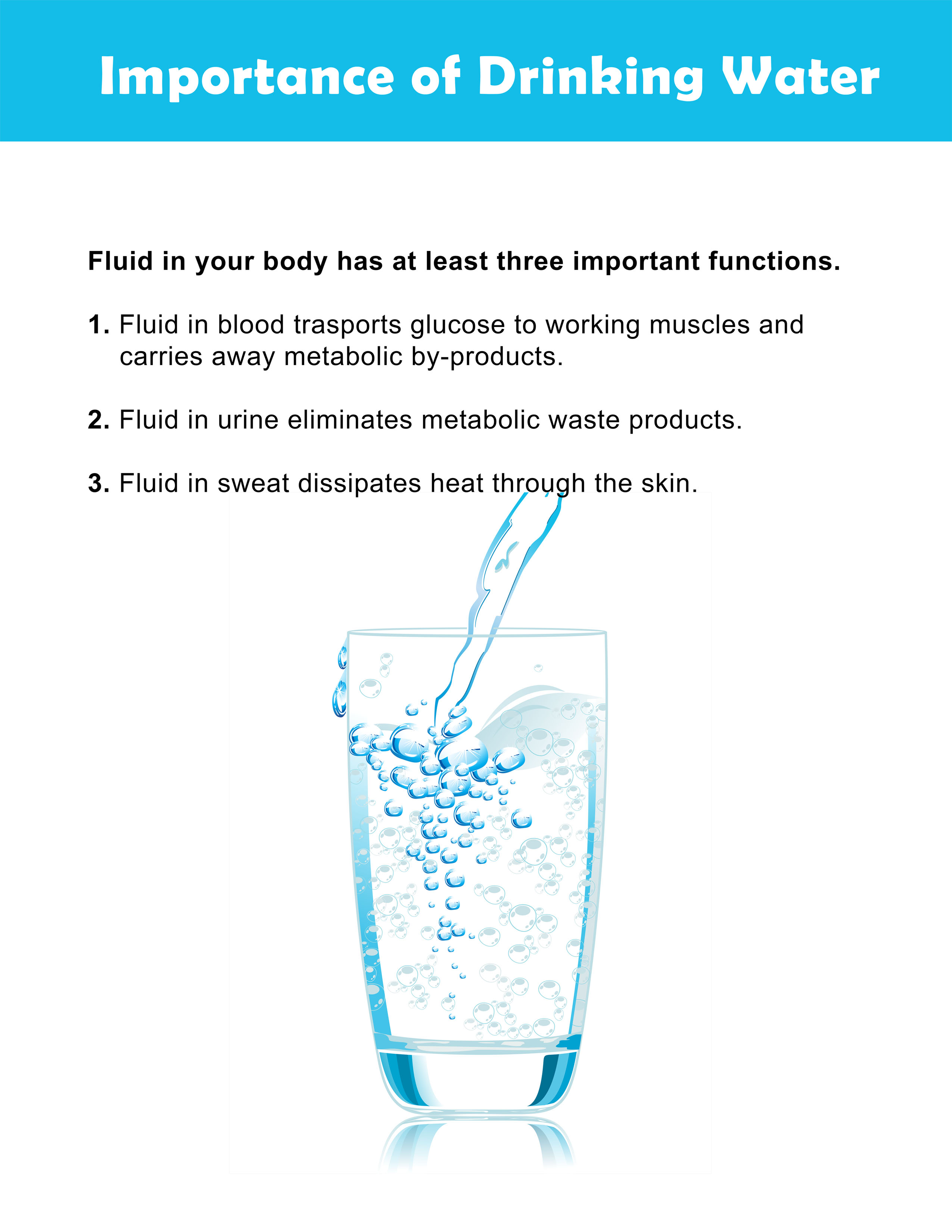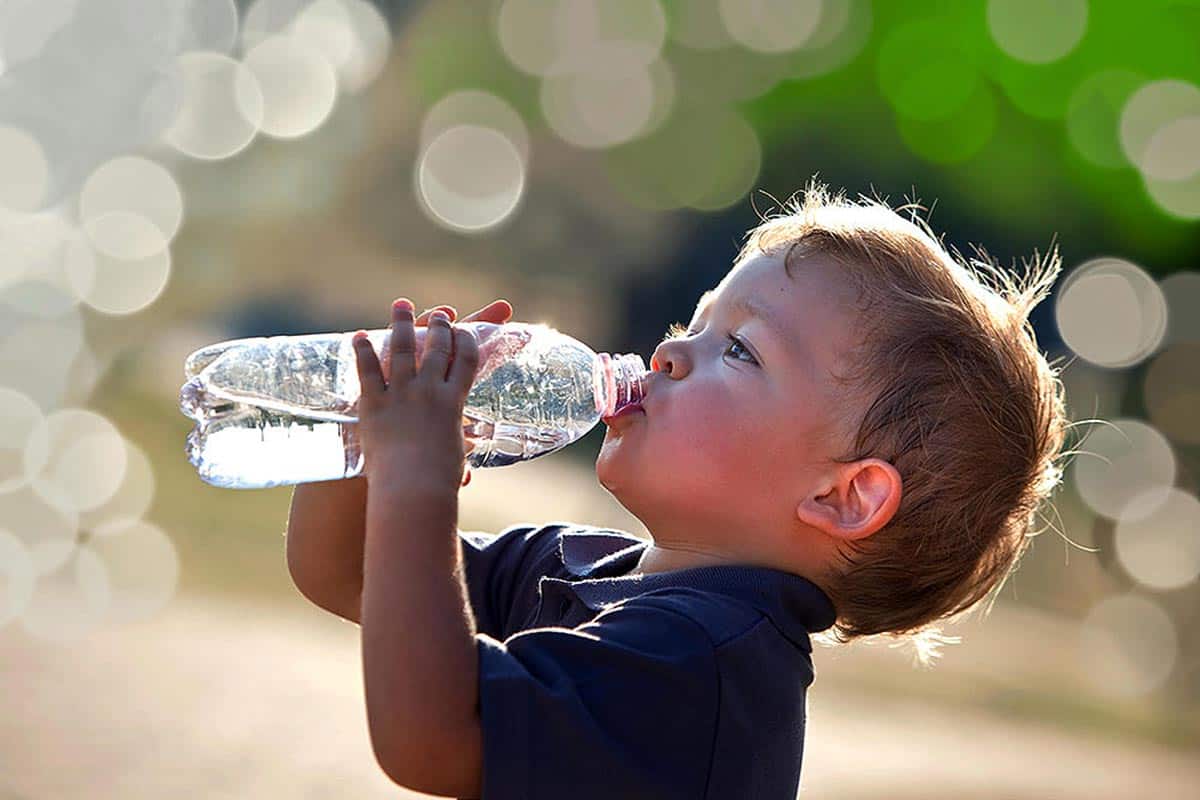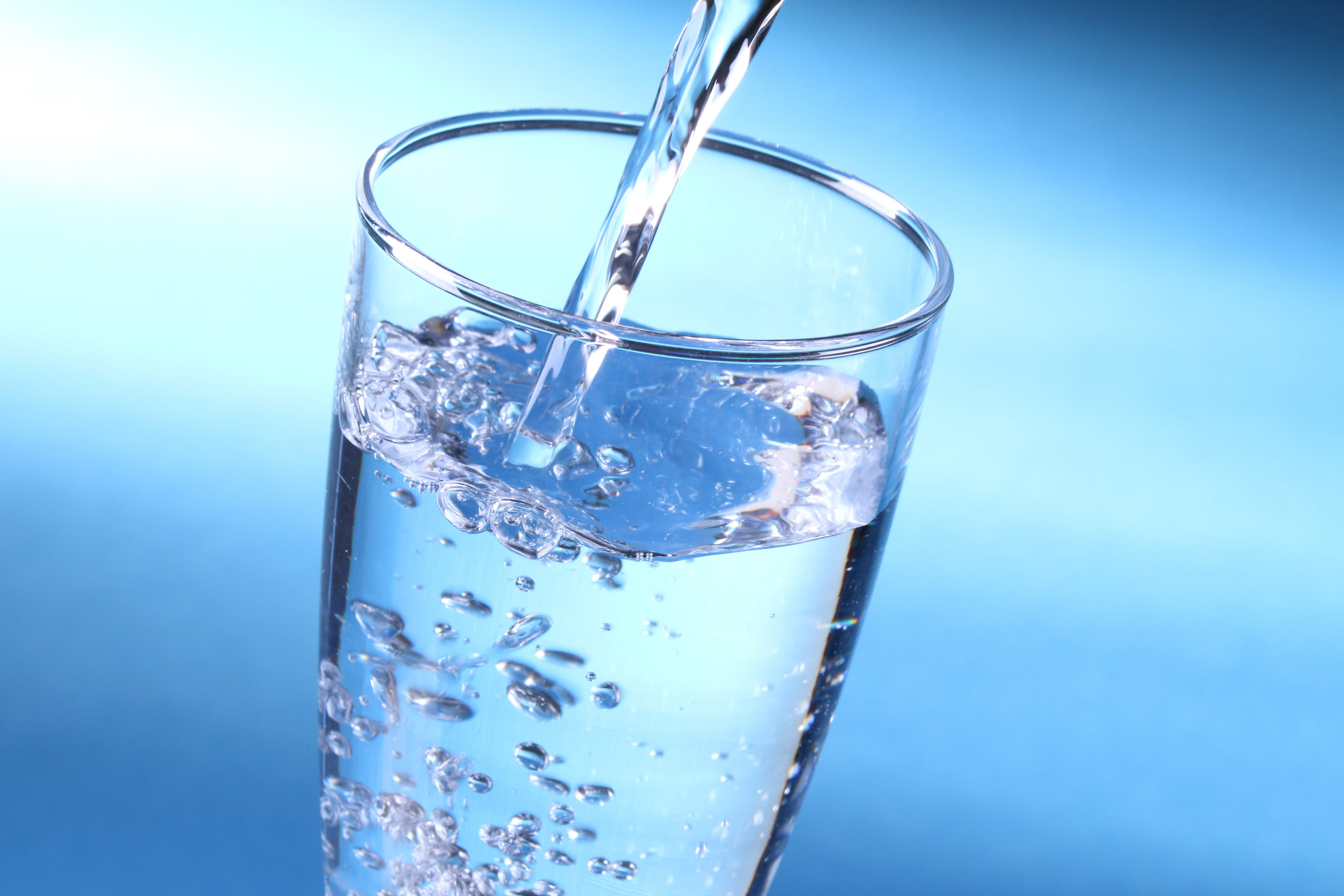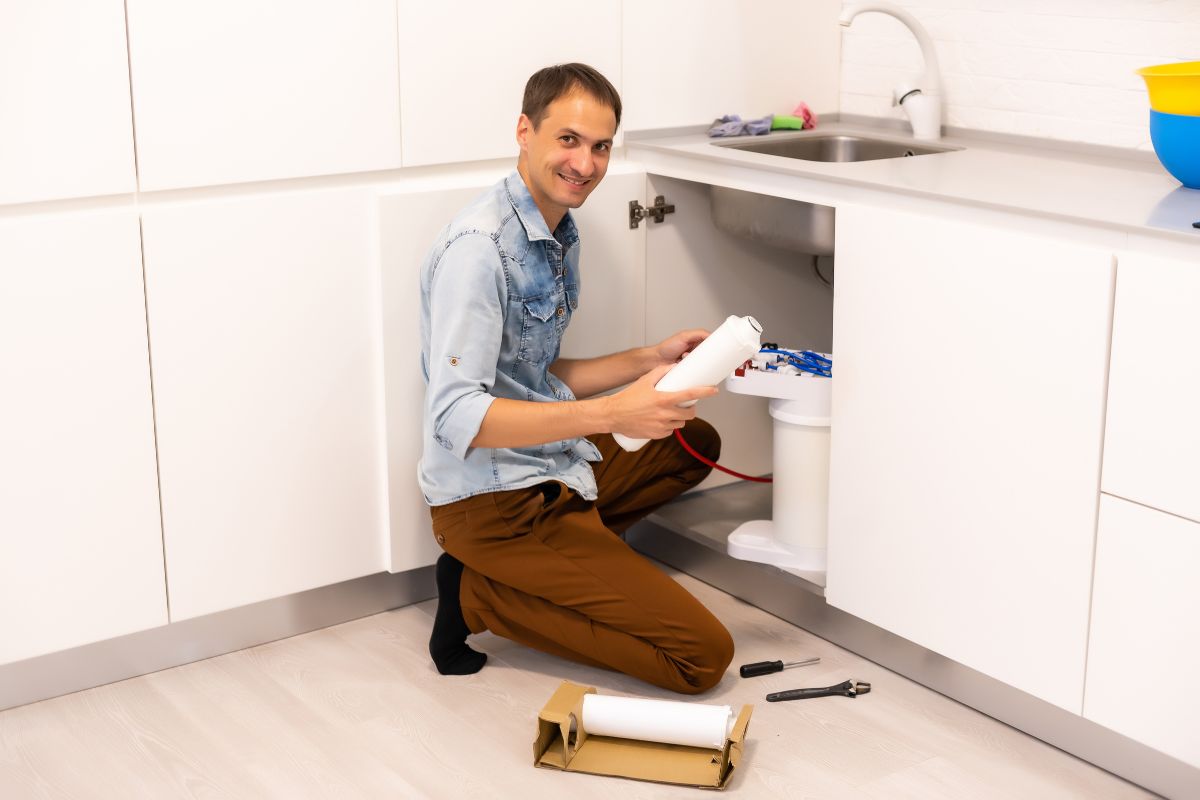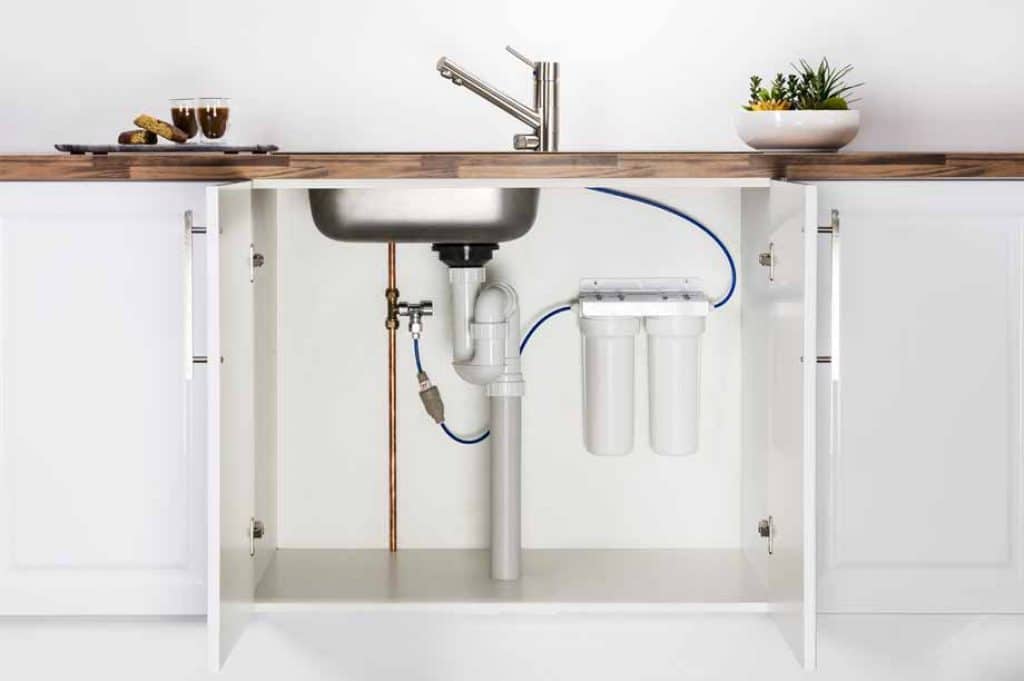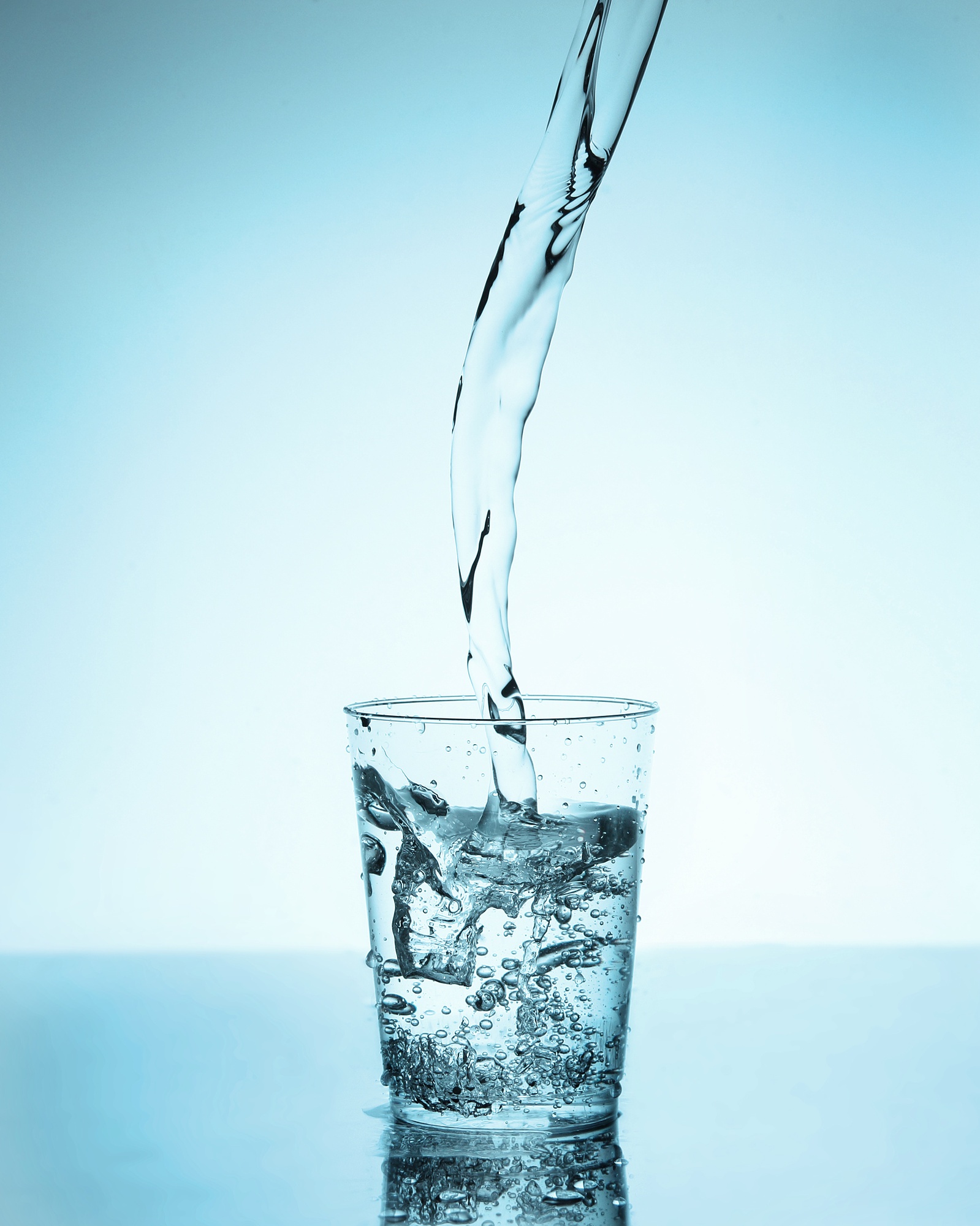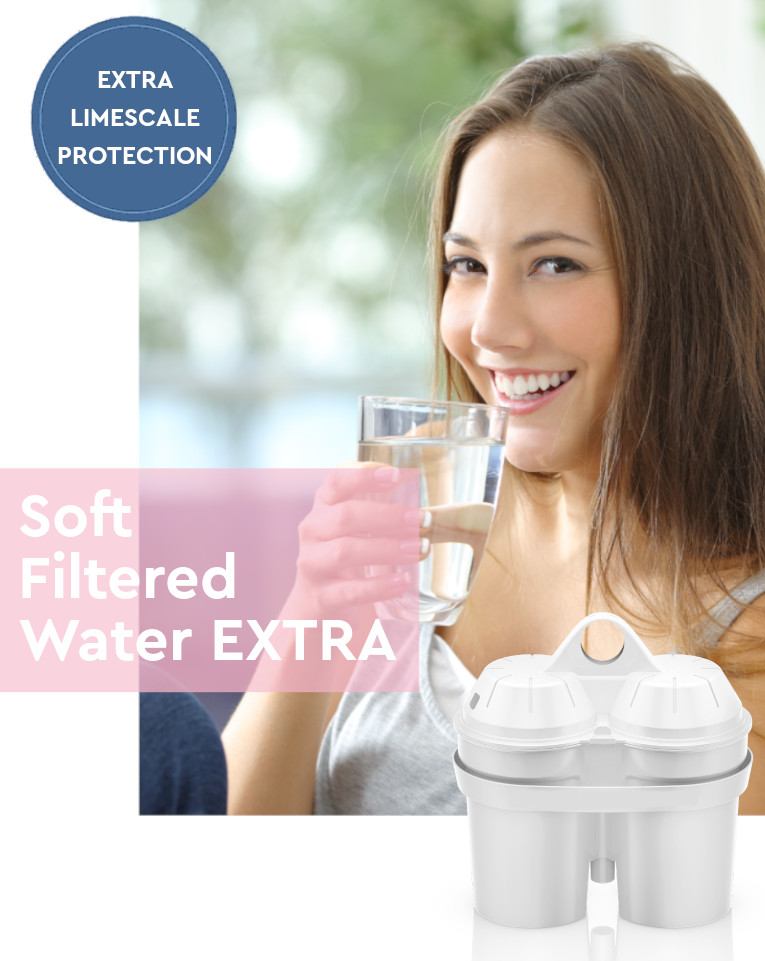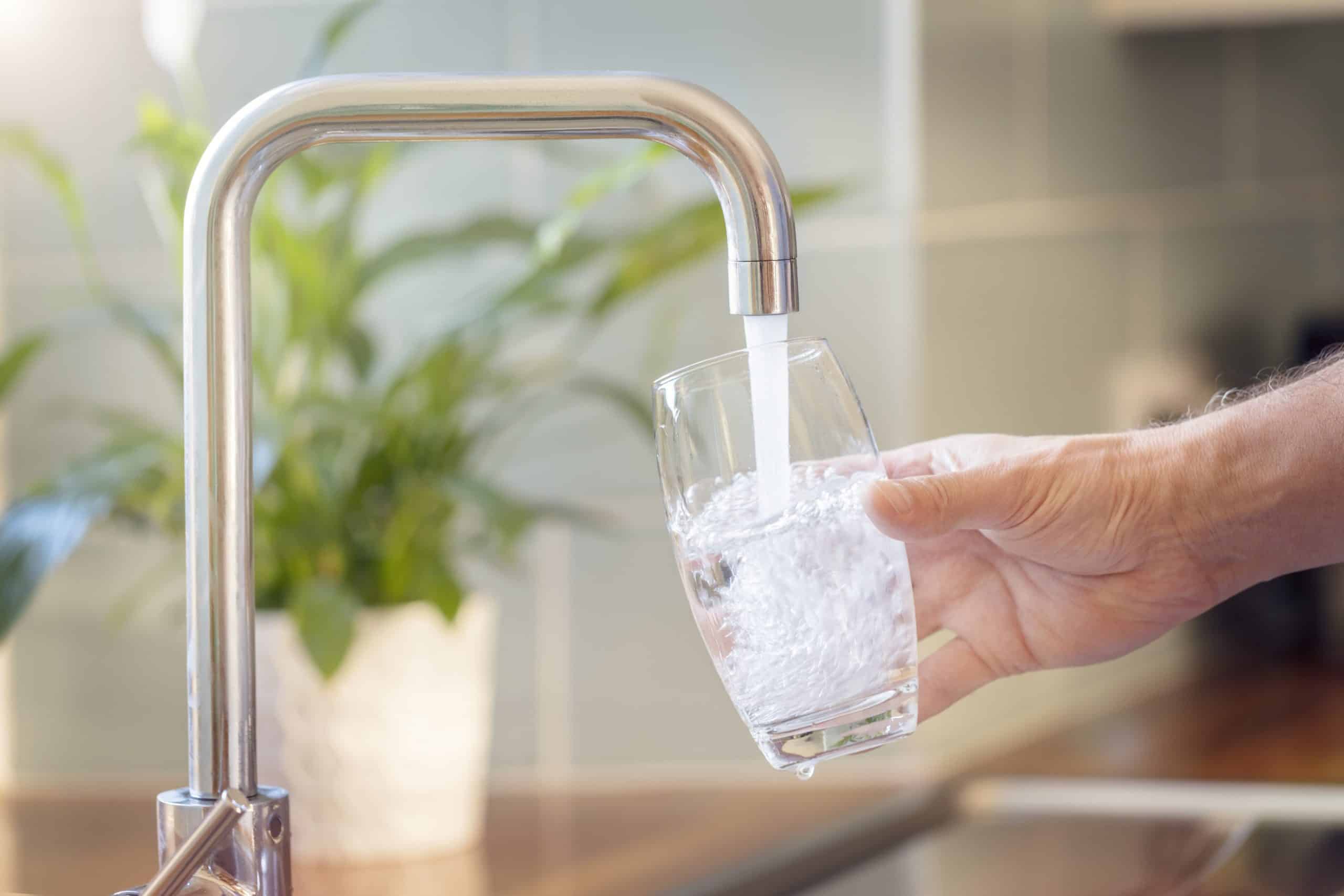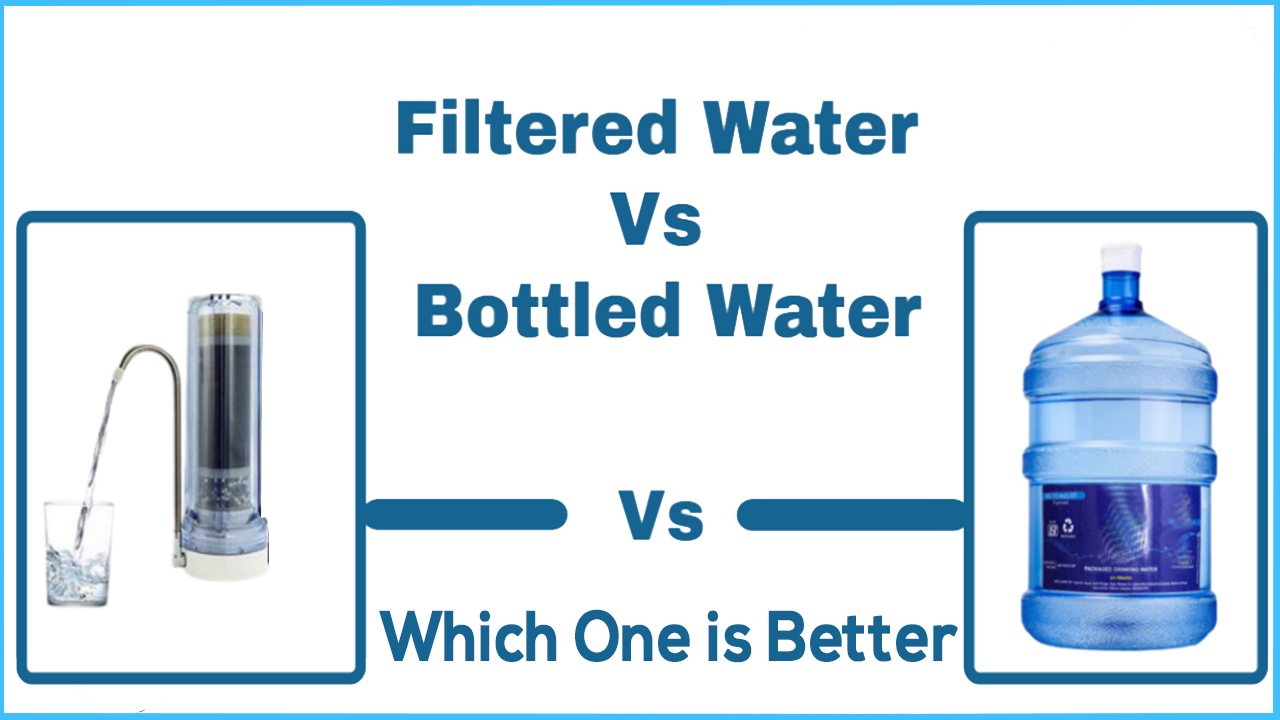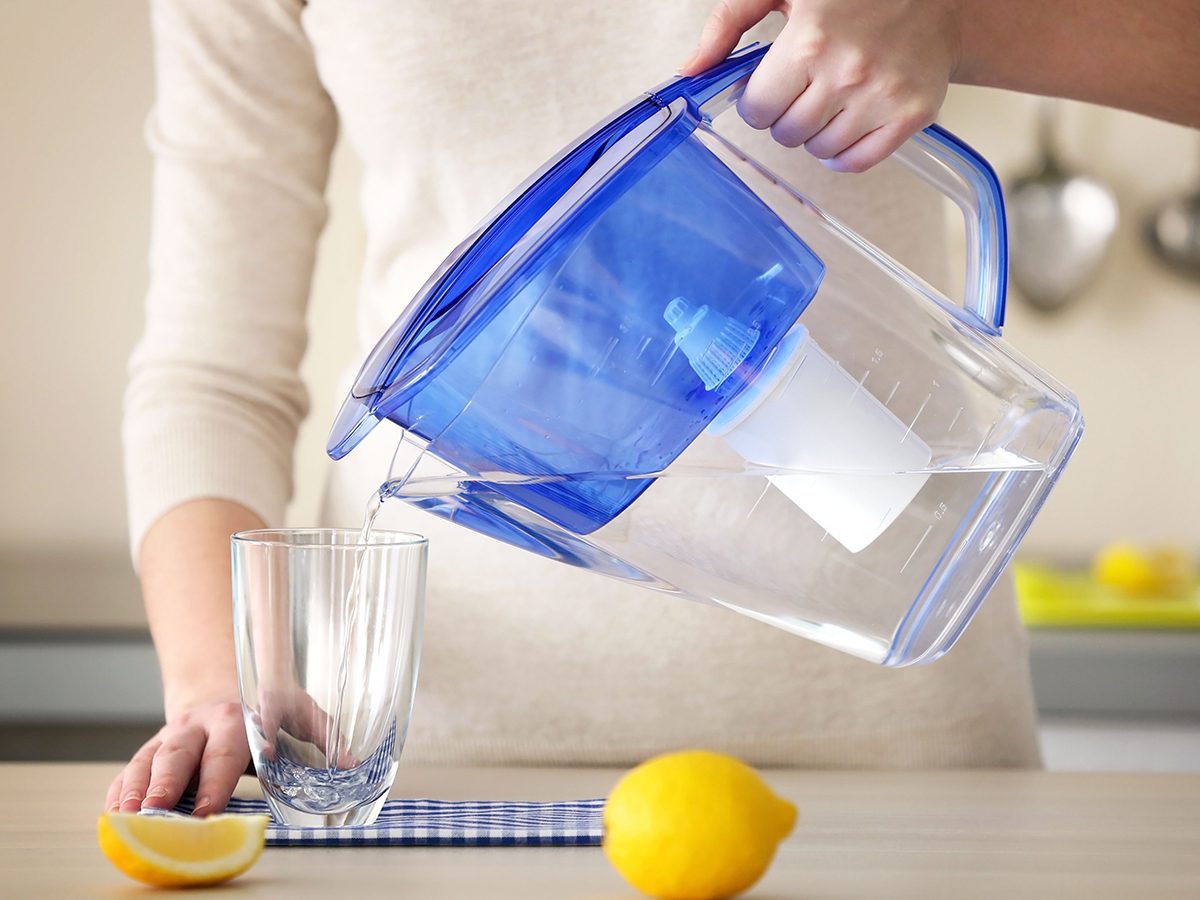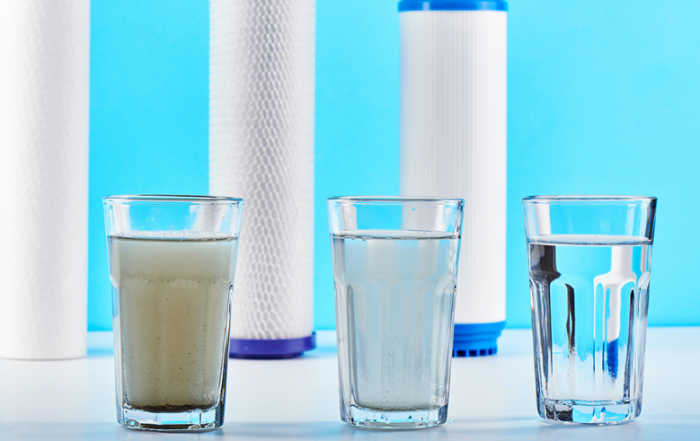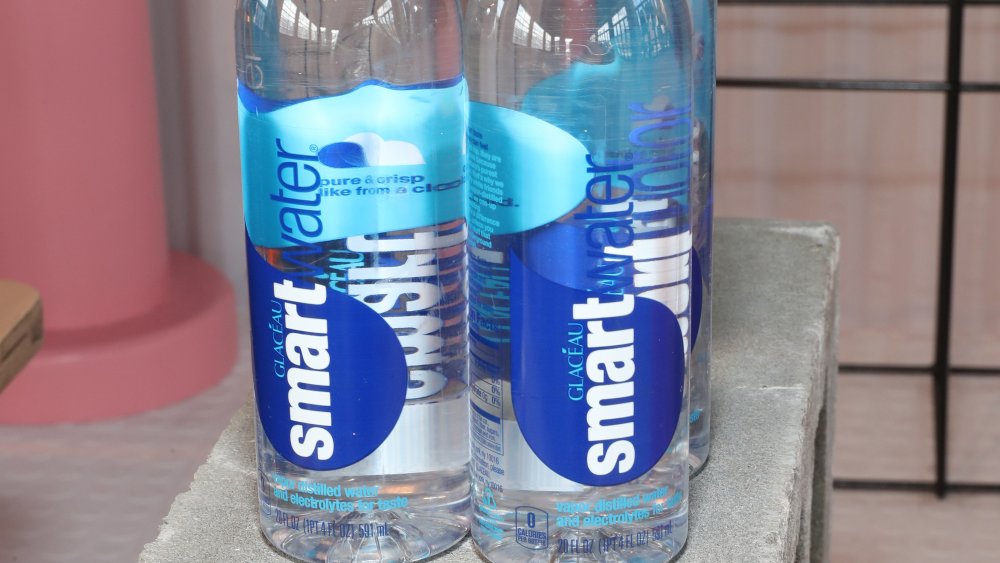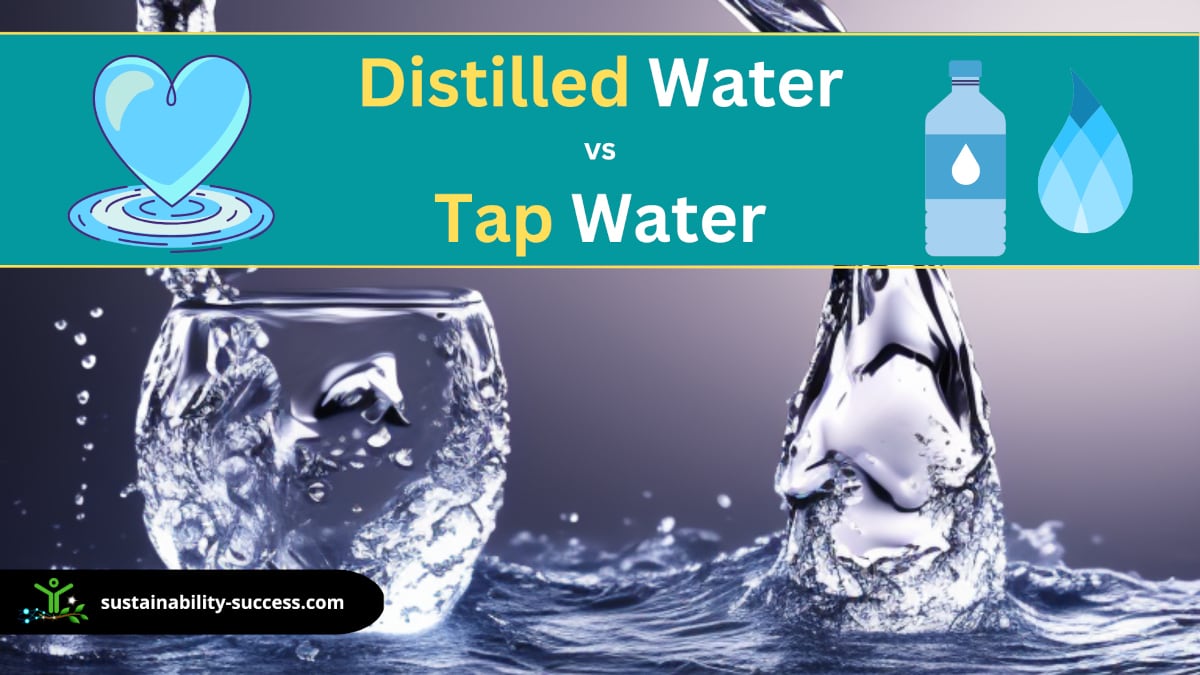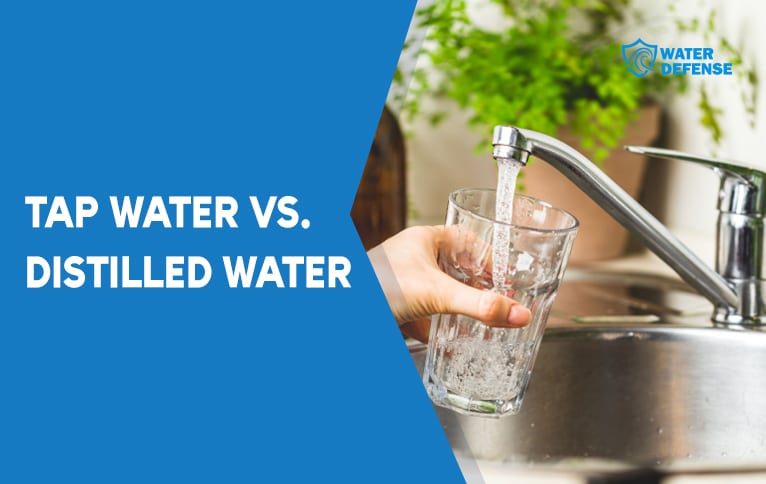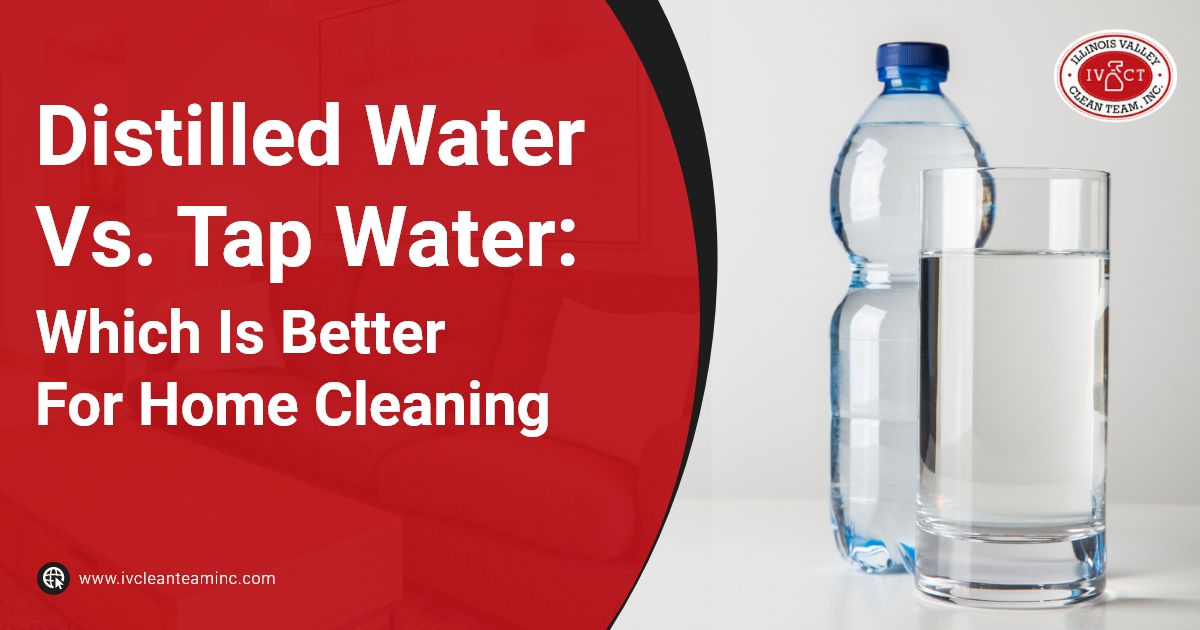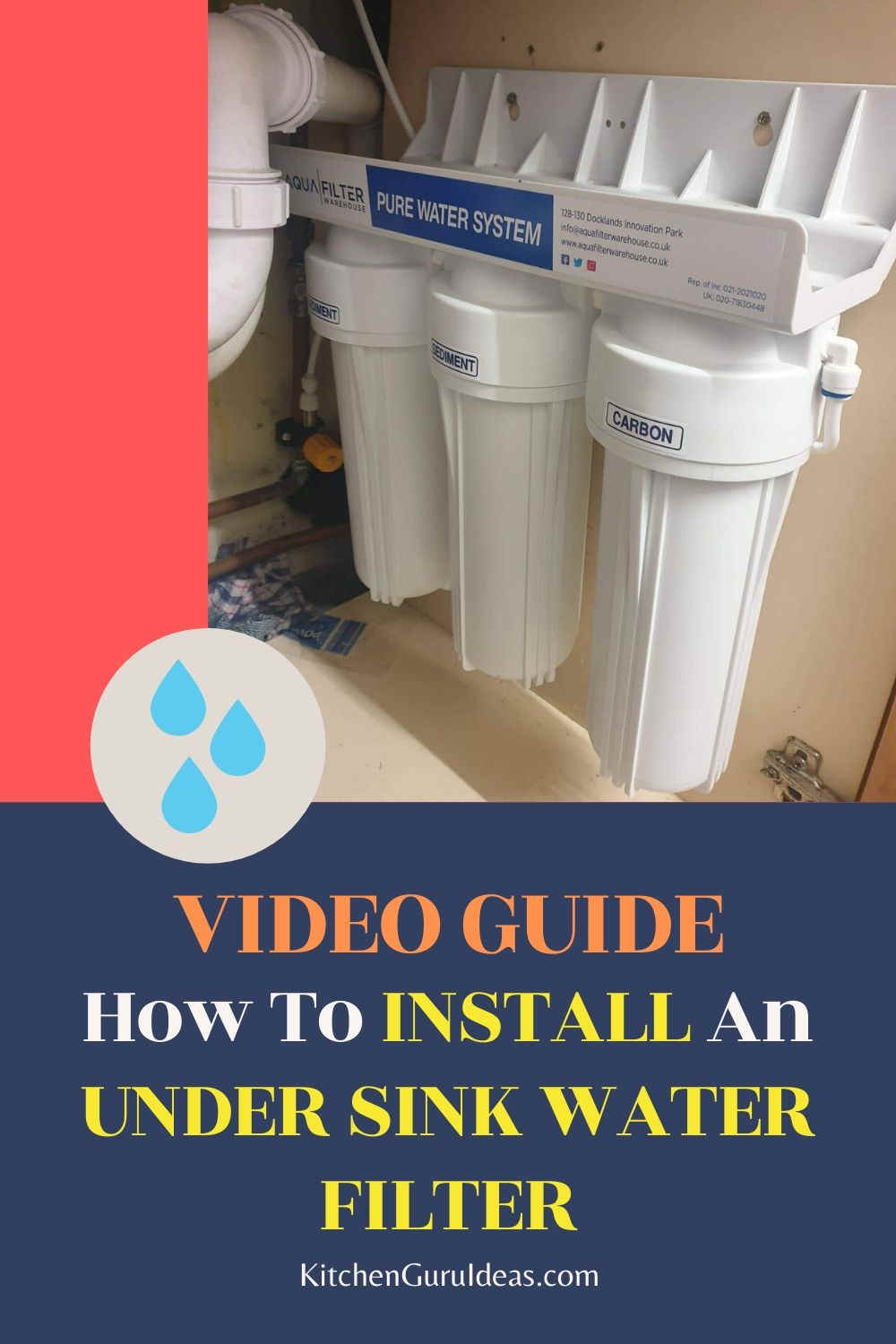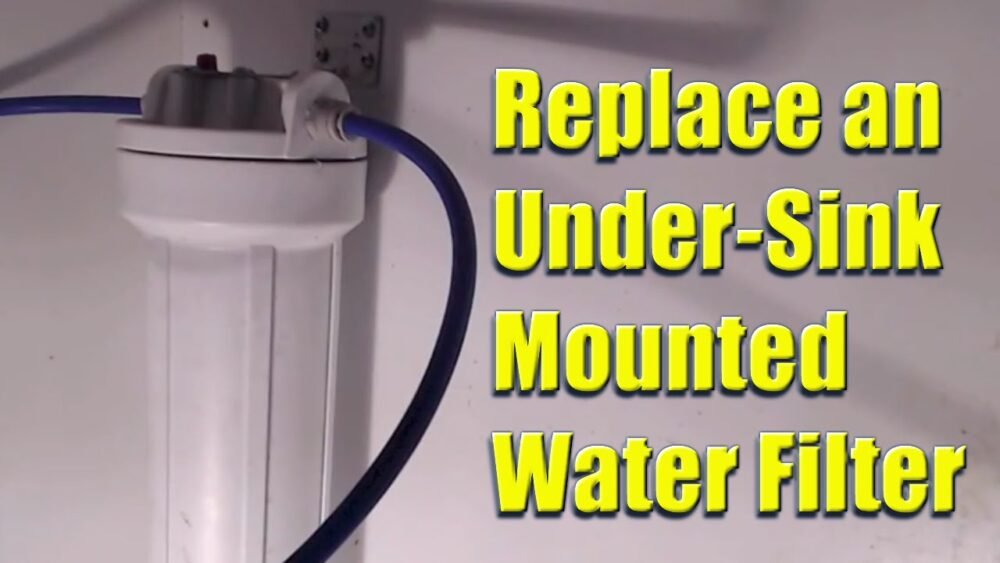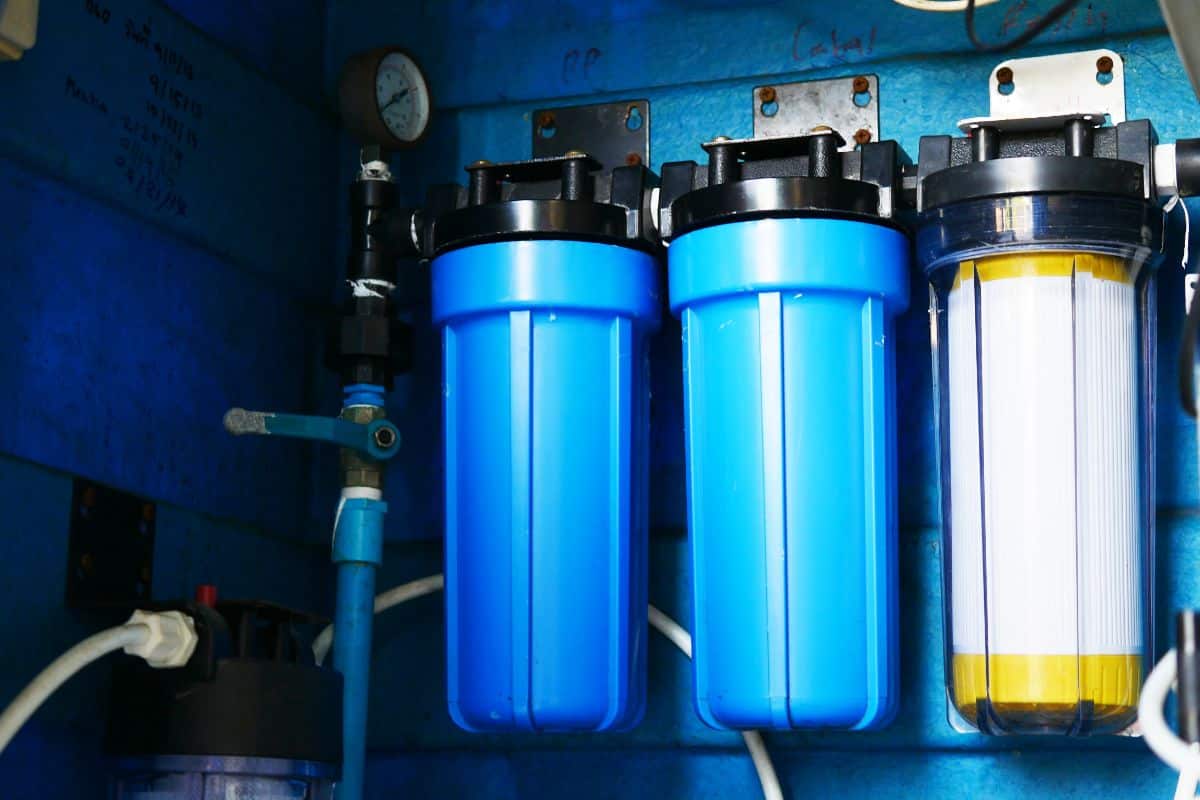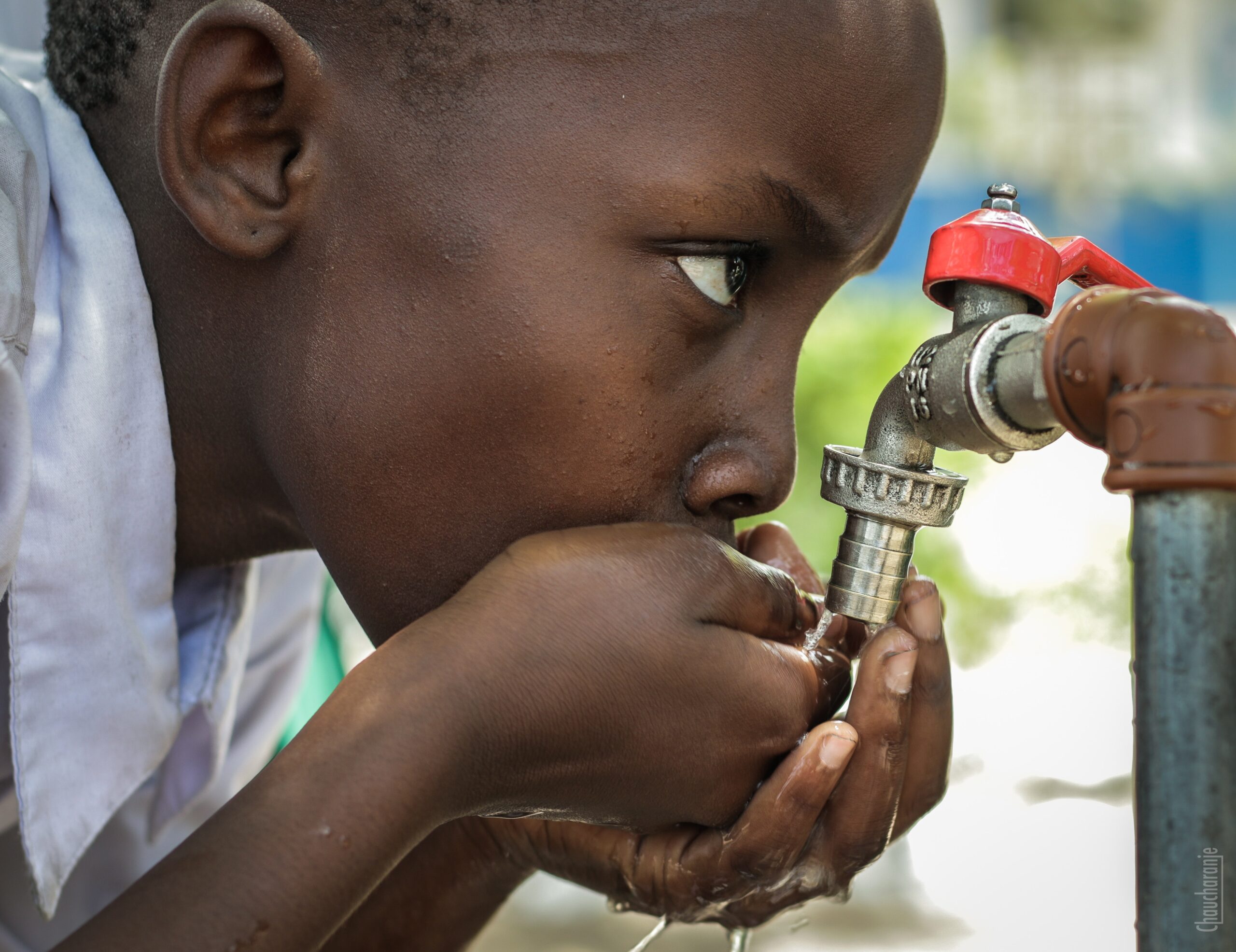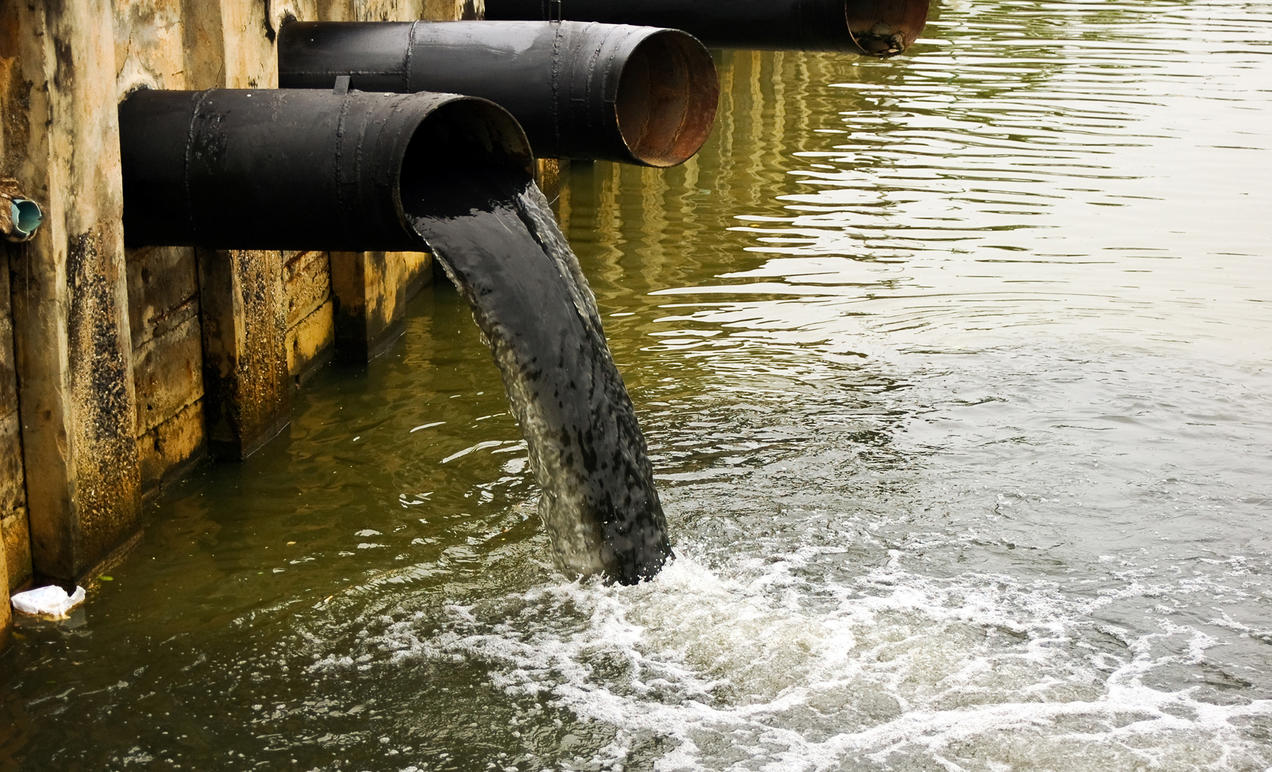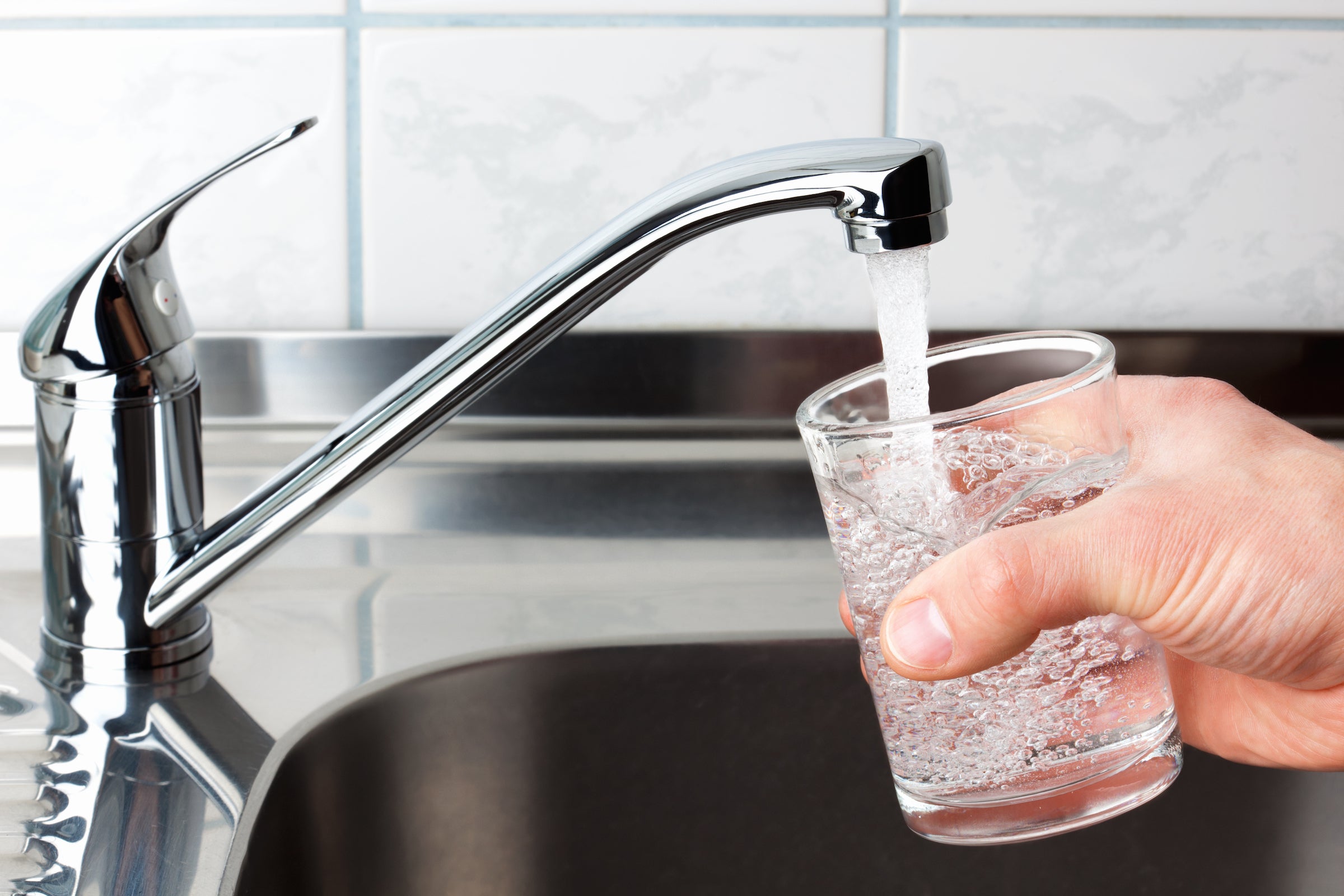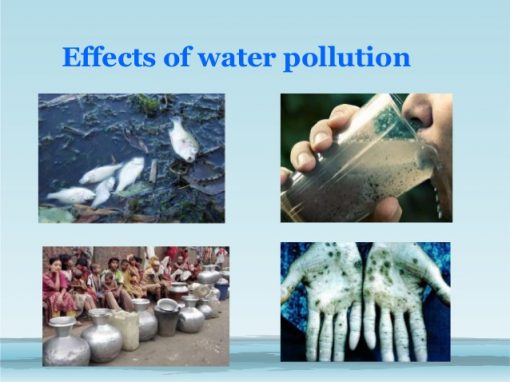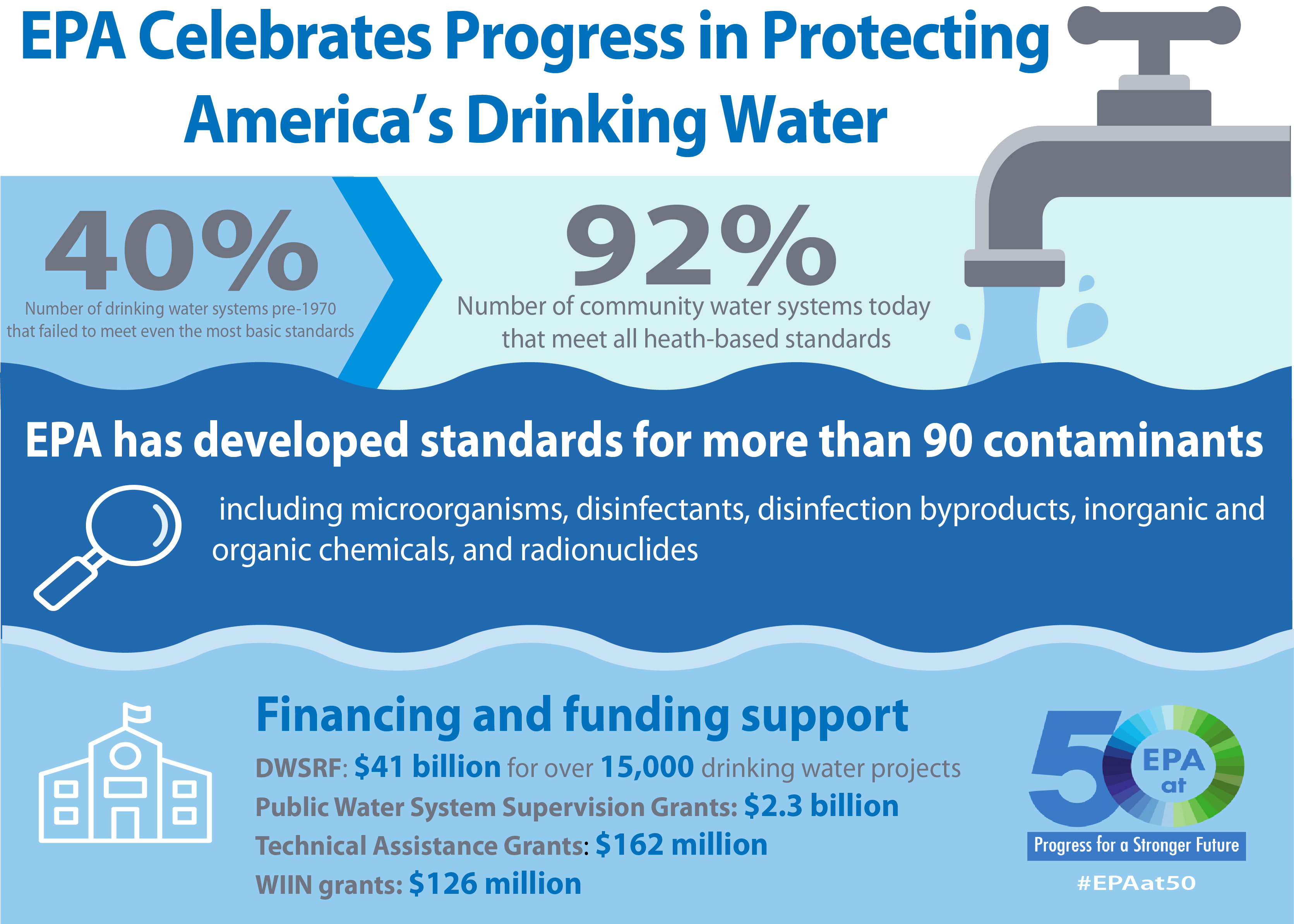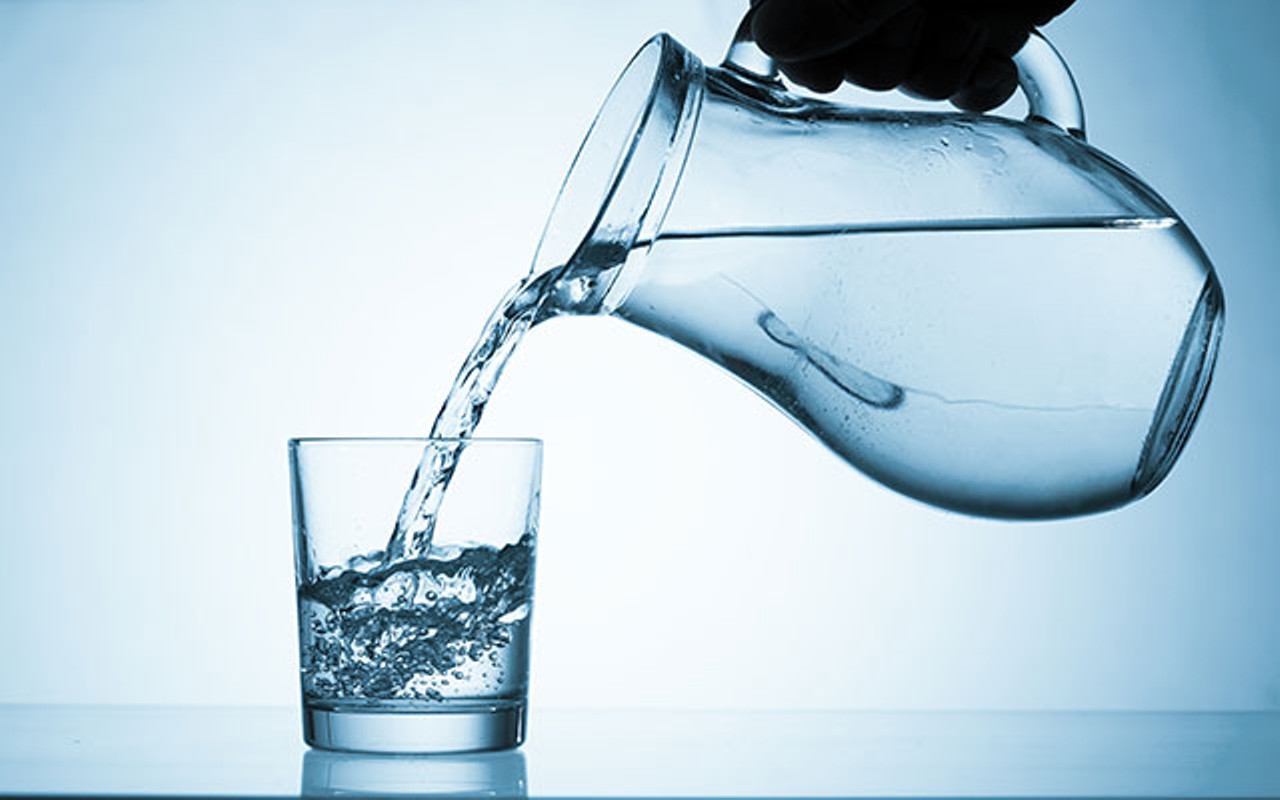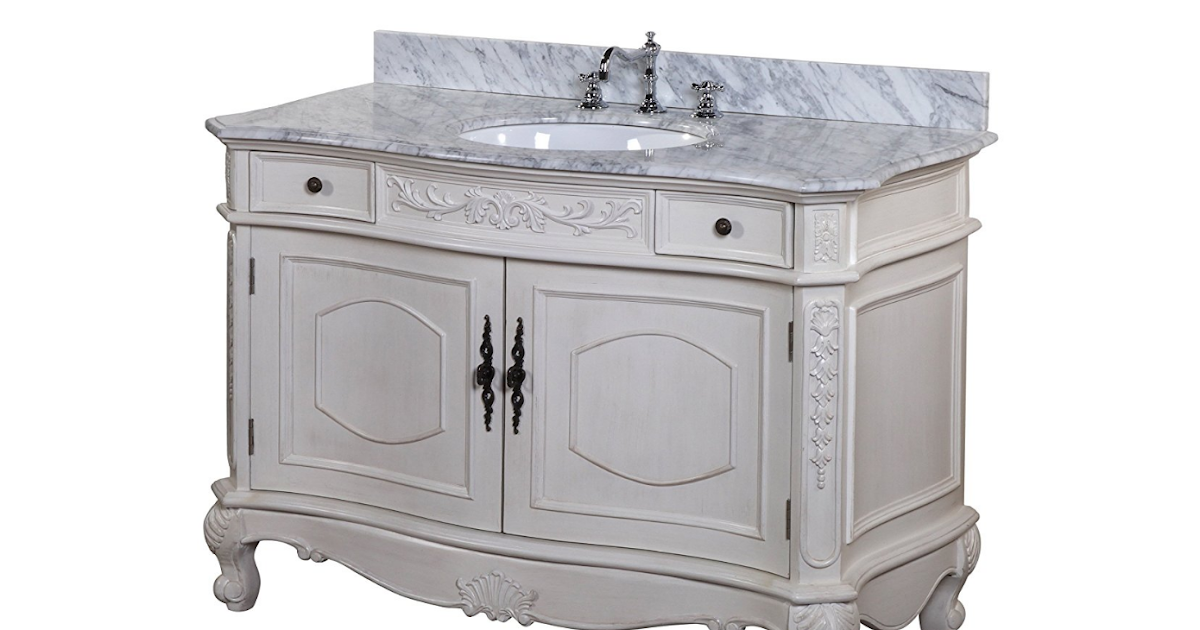Are you tired of constantly buying bottled water for drinking? Not only can this be expensive, but it also contributes to plastic waste. Luckily, there is a simple solution right in your own home – your kitchen sink! With the right knowledge and equipment, you can easily turn your tap water into clean and safe drinking water. Let's explore the steps you can take to get clean drinking water from your kitchen sink.1. How to Get Clean Drinking Water from Your Kitchen Sink
Drinking water from your kitchen sink has several benefits. The first and most obvious is the cost savings – you will no longer have to purchase bottled water. This also means less plastic waste and less harm to the environment. Additionally, filtered tap water is just as safe and healthy as bottled water, without the added cost. It also saves you the hassle of having to constantly restock your water supply.2. The Benefits of Drinking Water from Your Kitchen Sink
There are a few different ways you can filter your kitchen sink water for drinking. One option is to install a faucet-mounted filter, which attaches directly to your kitchen sink faucet. Another option is an under-sink filter, which is installed under your sink and filters all the water that comes through your tap. You can also use a water pitcher with a built-in filter, which is a more affordable option but requires more effort. Whichever method you choose, make sure to regularly replace the filter for optimal results.3. The Best Ways to Filter Your Kitchen Sink Water for Drinking
Many people may wonder if it is safe to drink water from their kitchen sink. The answer is yes, as long as you take the necessary steps to filter it properly. Tap water goes through a rigorous filtration process before it reaches your home, but it may still contain trace amounts of contaminants. By using a filter, you can remove these impurities and have clean drinking water from your kitchen sink.4. Is It Safe to Drink Water from Your Kitchen Sink?
If you are unsure about the quality of your tap water, you can conduct a simple test to check for any contaminants. You can purchase at-home water testing kits or send a sample of your tap water to a laboratory for testing. This will give you a better idea of what contaminants are present in your tap water and what type of filter would be most effective in removing them.5. How to Test the Quality of Your Kitchen Sink Water for Drinking
Drinking clean water is essential for our overall health and well-being. By filtering your kitchen sink water, you are removing potential contaminants and ensuring that you are consuming clean and safe drinking water. This can help prevent any potential health issues that may arise from drinking contaminated tap water.6. The Importance of Drinking Clean Water from Your Kitchen Sink
If you have decided to install a water filter for your kitchen sink, it is important to follow the manufacturer's instructions carefully. Each type of filter may have a slightly different installation process, but most will require you to disconnect the faucet, attach the filter, and then reconnect the faucet. Make sure to also regularly replace the filter to maintain its effectiveness.7. How to Install a Water Filter for Your Kitchen Sink
The main difference between tap water and filtered water from your kitchen sink is the level of impurities. Tap water may contain trace amounts of contaminants such as chlorine, lead, and bacteria. Filtered water, on the other hand, has gone through an extra filtration process to remove these impurities and provide cleaner and safer drinking water.8. The Differences Between Tap Water and Filtered Water from Your Kitchen Sink
To ensure that your kitchen sink water filter continues to provide clean drinking water, it is important to properly maintain it. This includes regularly replacing the filter, cleaning the filter housing, and checking for any leaks. It is also recommended to have your filter and faucet inspected by a professional at least once a year.9. Tips for Maintaining Your Kitchen Sink Water Filter for Optimal Drinking Water
By choosing to drink water from your kitchen sink instead of purchasing bottled water, you are also making a positive impact on the environment. Plastic water bottles contribute to pollution, and the production of bottled water requires large amounts of energy and resources. By using a water filter for your tap water, you are reducing your carbon footprint and helping to create a more sustainable future.10. The Environmental Impact of Drinking Water from Your Kitchen Sink
The Benefits of Drinking Water from Your Kitchen Sink

Why Your Kitchen Sink is the Perfect Source of Drinking Water
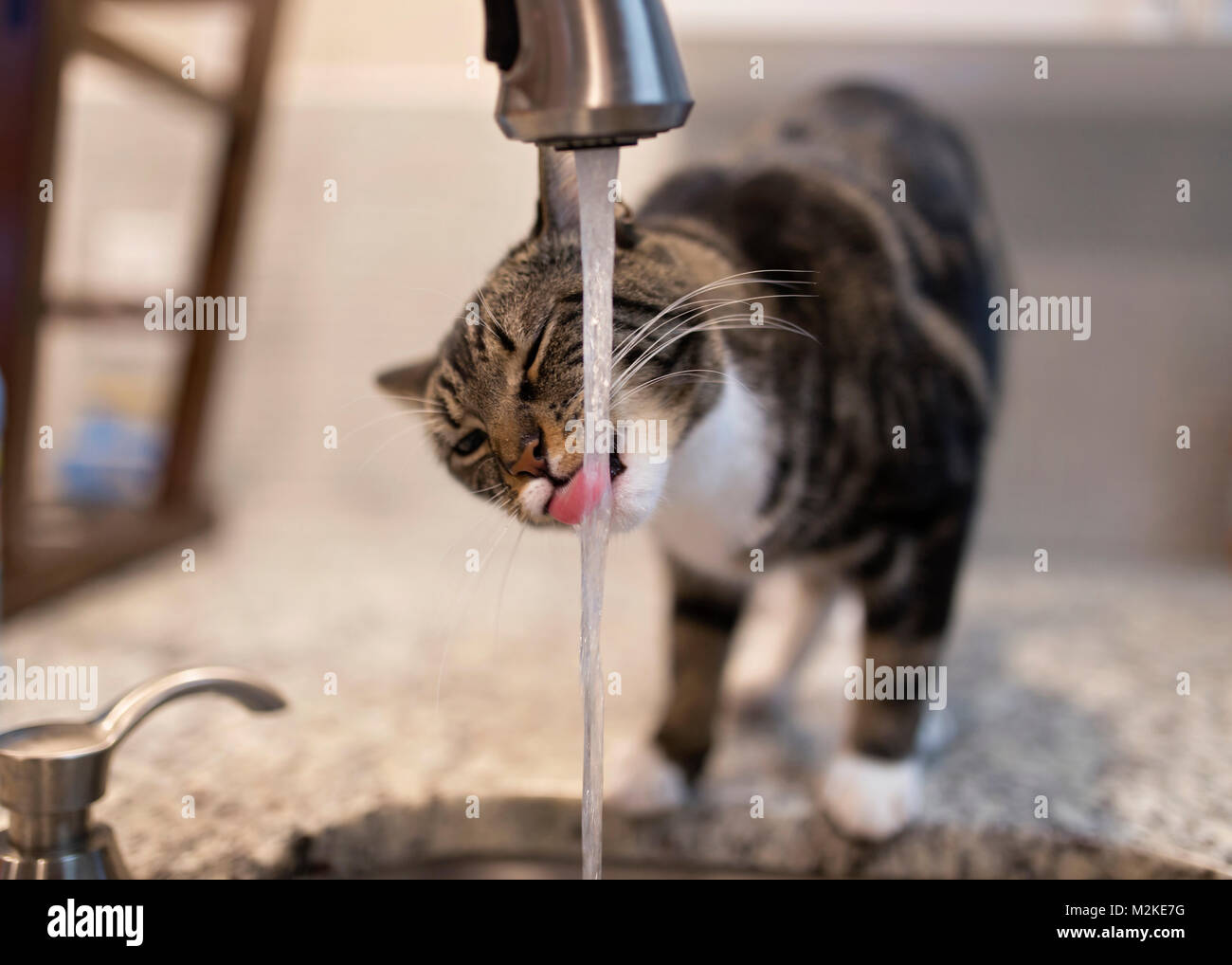 When it comes to staying hydrated, most of us reach for a bottle of water without giving it a second thought. But did you know that your kitchen sink is actually a convenient and environmentally-friendly source of clean drinking water? Not only is it easily accessible in your own home, but it also eliminates the need for single-use plastic bottles that harm the environment.
Drinking water from your kitchen sink is not only beneficial for your health, but it also has positive impacts on the planet.
When it comes to staying hydrated, most of us reach for a bottle of water without giving it a second thought. But did you know that your kitchen sink is actually a convenient and environmentally-friendly source of clean drinking water? Not only is it easily accessible in your own home, but it also eliminates the need for single-use plastic bottles that harm the environment.
Drinking water from your kitchen sink is not only beneficial for your health, but it also has positive impacts on the planet.
Filtered Water Straight from the Tap
 Many homeowners invest in expensive water filtration systems to ensure that they are consuming clean water. However, most modern kitchen sinks come equipped with built-in filters, making it easier and more cost-effective to access clean drinking water. These filters are designed to remove impurities such as chlorine, lead, and bacteria, providing you with safe and healthy drinking water.
By using your kitchen sink as a source of drinking water, you can save money and reduce your carbon footprint.
Many homeowners invest in expensive water filtration systems to ensure that they are consuming clean water. However, most modern kitchen sinks come equipped with built-in filters, making it easier and more cost-effective to access clean drinking water. These filters are designed to remove impurities such as chlorine, lead, and bacteria, providing you with safe and healthy drinking water.
By using your kitchen sink as a source of drinking water, you can save money and reduce your carbon footprint.
A Convenient and Time-Saving Option
 Let's face it, constantly refilling and changing water bottles can be a hassle.
Drinking water straight from your kitchen sink not only saves you time, but it also eliminates the need for constantly buying and disposing of plastic bottles.
Additionally, with the recent concerns surrounding the safety of plastic bottles, choosing to drink from your kitchen sink is a much safer and healthier option.
Let's face it, constantly refilling and changing water bottles can be a hassle.
Drinking water straight from your kitchen sink not only saves you time, but it also eliminates the need for constantly buying and disposing of plastic bottles.
Additionally, with the recent concerns surrounding the safety of plastic bottles, choosing to drink from your kitchen sink is a much safer and healthier option.
Stay Hydrated and Help the Environment
 Aside from the convenience and cost-saving benefits,
drinking water from your kitchen sink is a more environmentally-friendly choice.
By reducing your use of plastic bottles, you are helping to decrease the amount of plastic waste that ends up in landfills and oceans. Every small action counts in protecting our planet, and choosing to drink from your kitchen sink is a simple yet impactful way to make a difference.
In conclusion,
making your kitchen sink a source of drinking water not only has numerous benefits for your health, but it also has a positive impact on the environment.
So next time you reach for a bottle of water, consider turning on the tap and enjoying the convenience and eco-friendliness of your kitchen sink.
Aside from the convenience and cost-saving benefits,
drinking water from your kitchen sink is a more environmentally-friendly choice.
By reducing your use of plastic bottles, you are helping to decrease the amount of plastic waste that ends up in landfills and oceans. Every small action counts in protecting our planet, and choosing to drink from your kitchen sink is a simple yet impactful way to make a difference.
In conclusion,
making your kitchen sink a source of drinking water not only has numerous benefits for your health, but it also has a positive impact on the environment.
So next time you reach for a bottle of water, consider turning on the tap and enjoying the convenience and eco-friendliness of your kitchen sink.



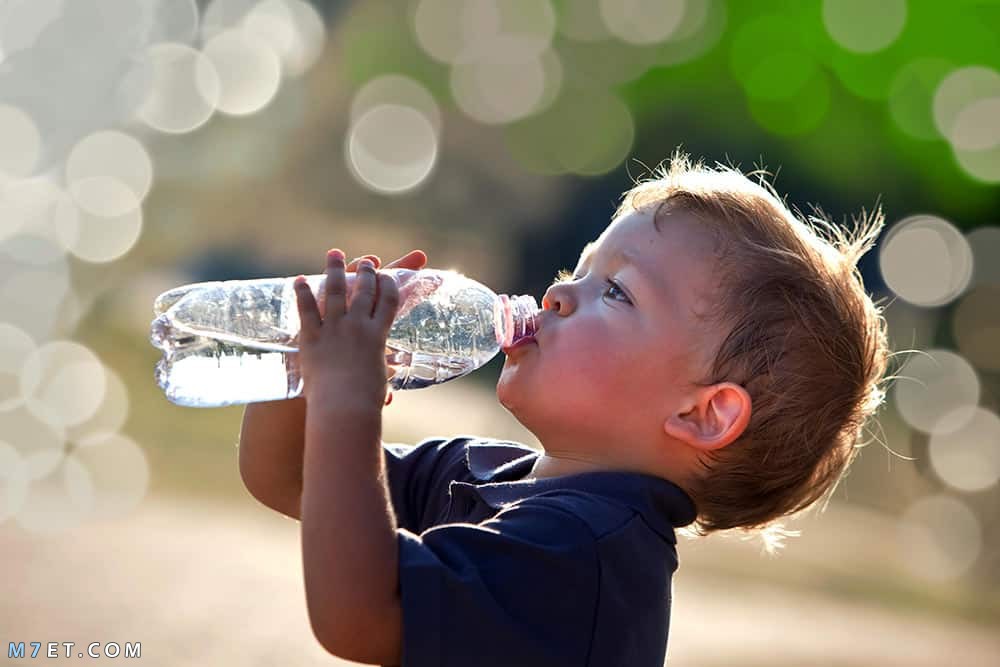

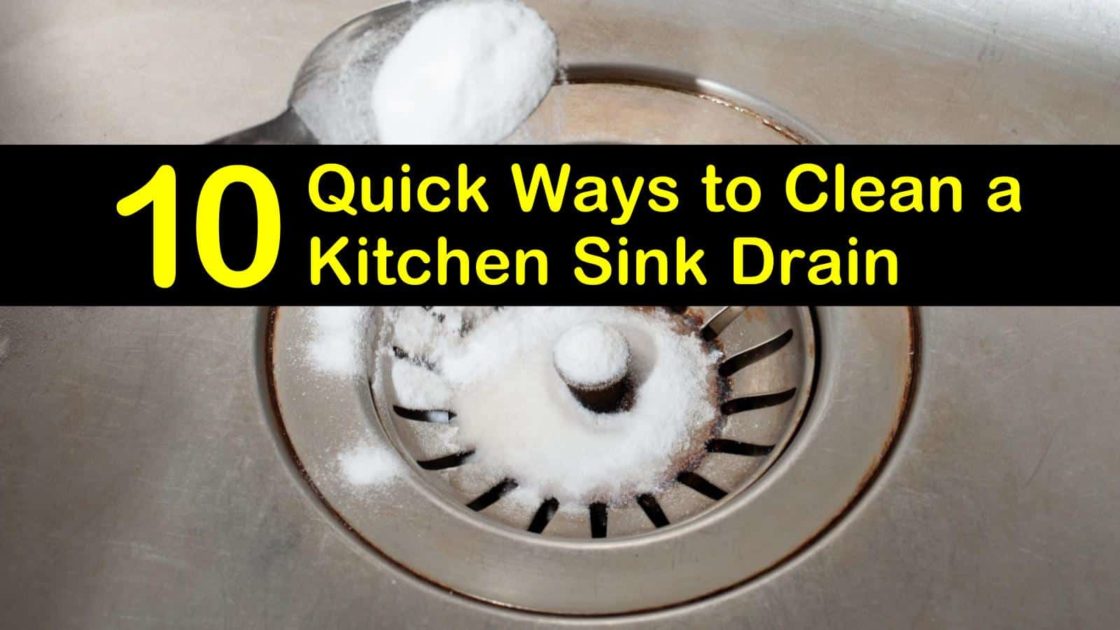
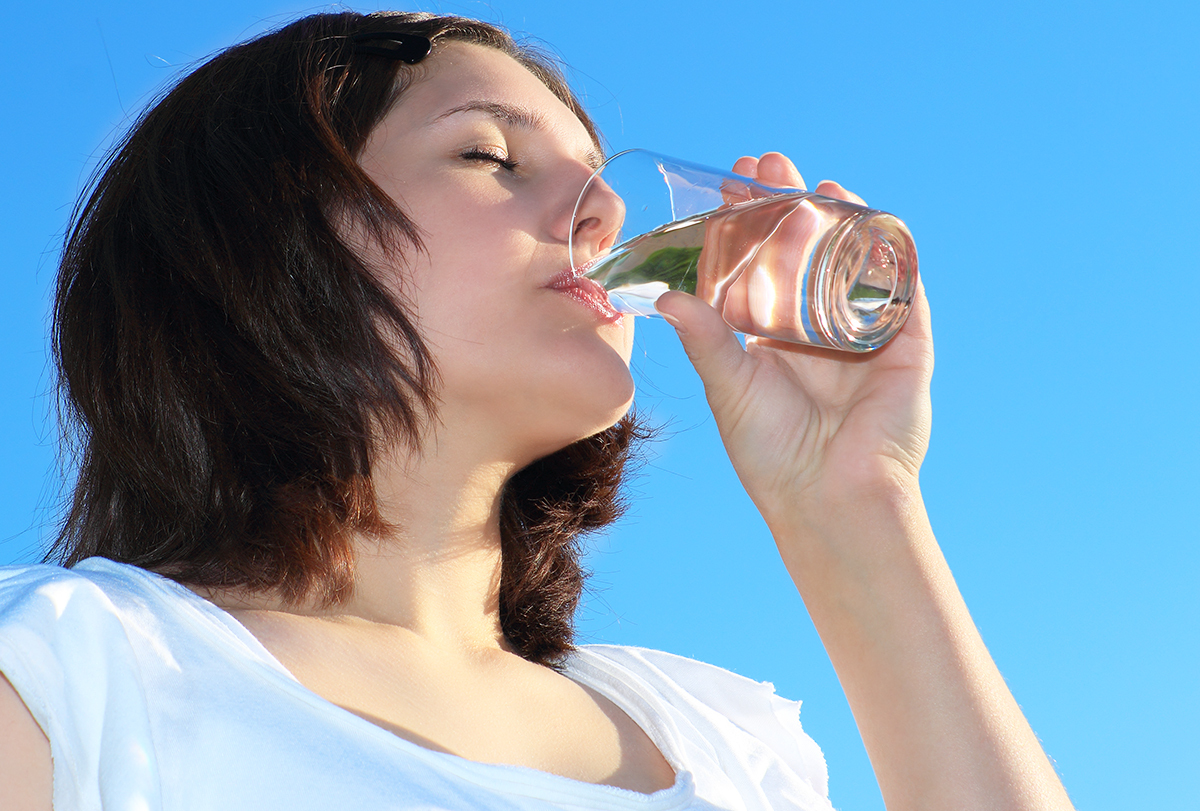






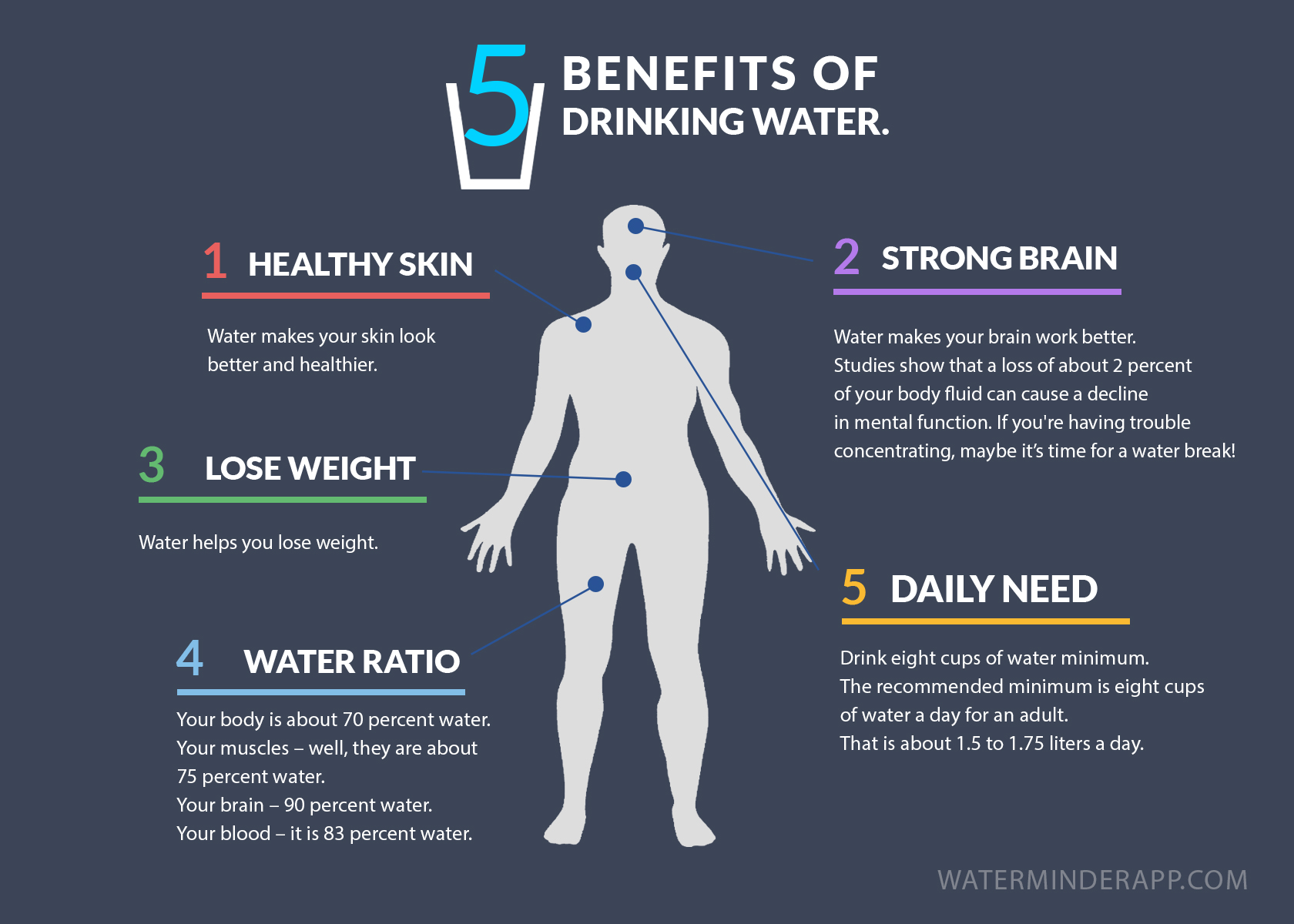
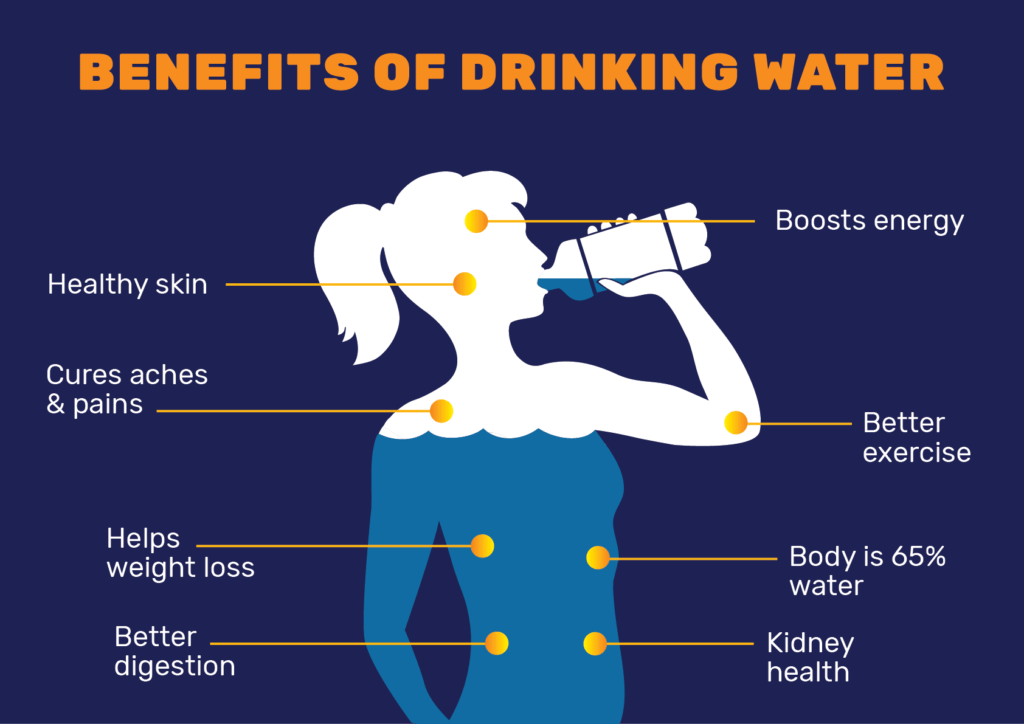






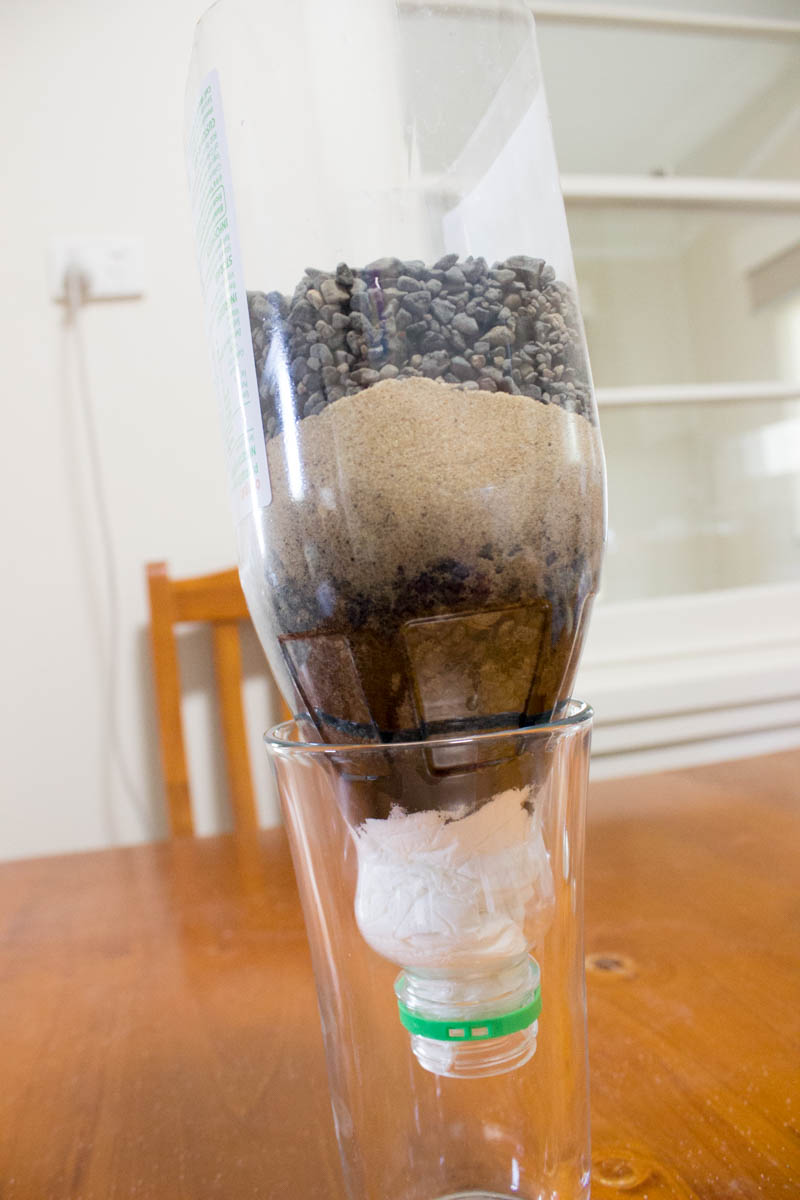
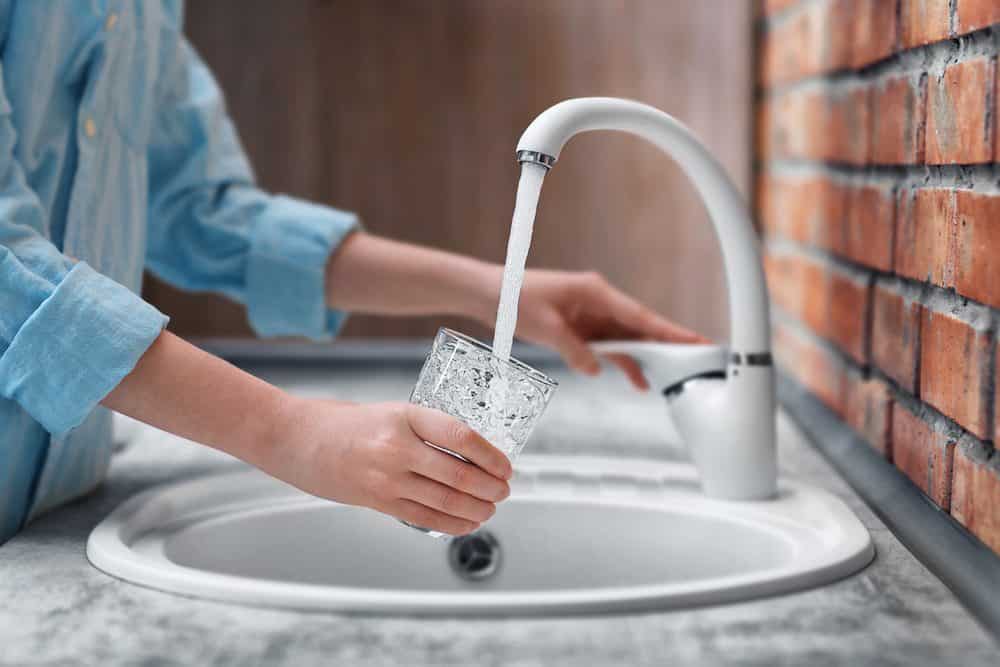




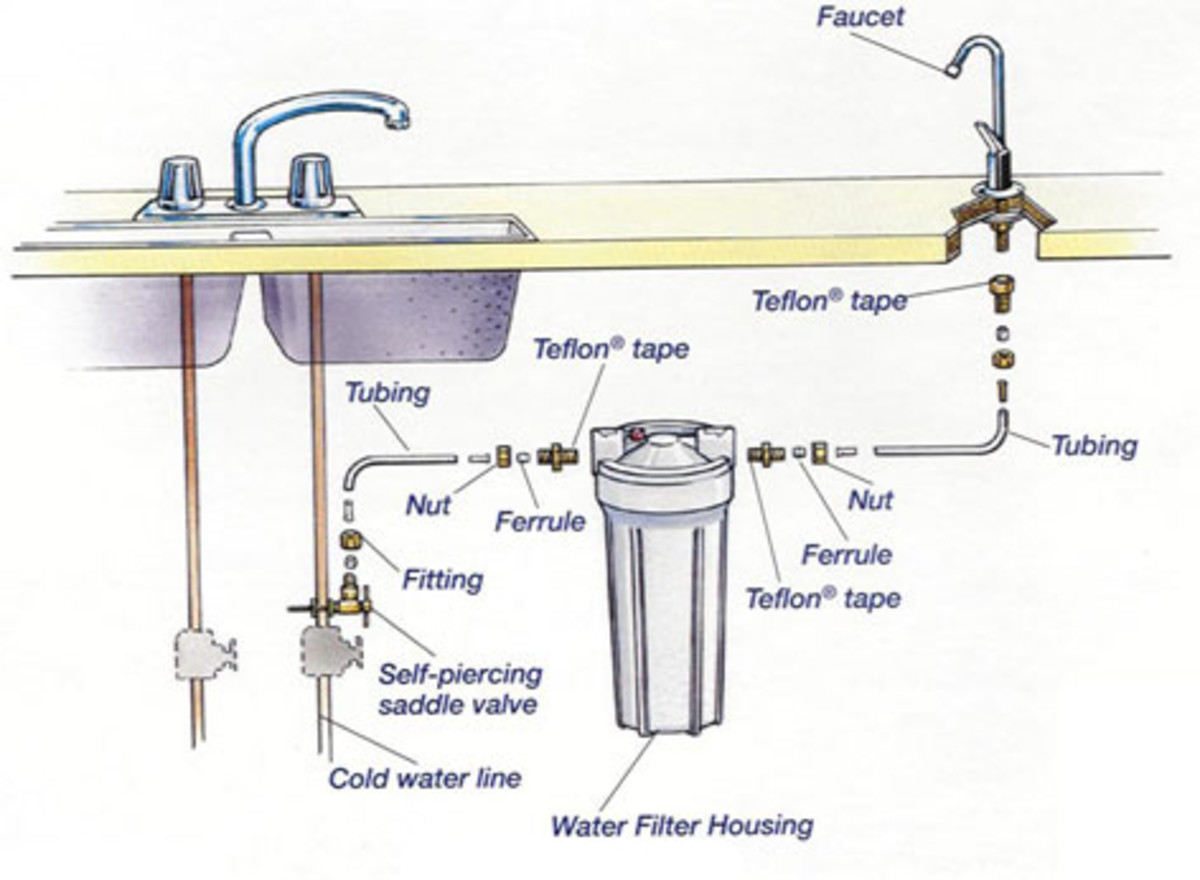

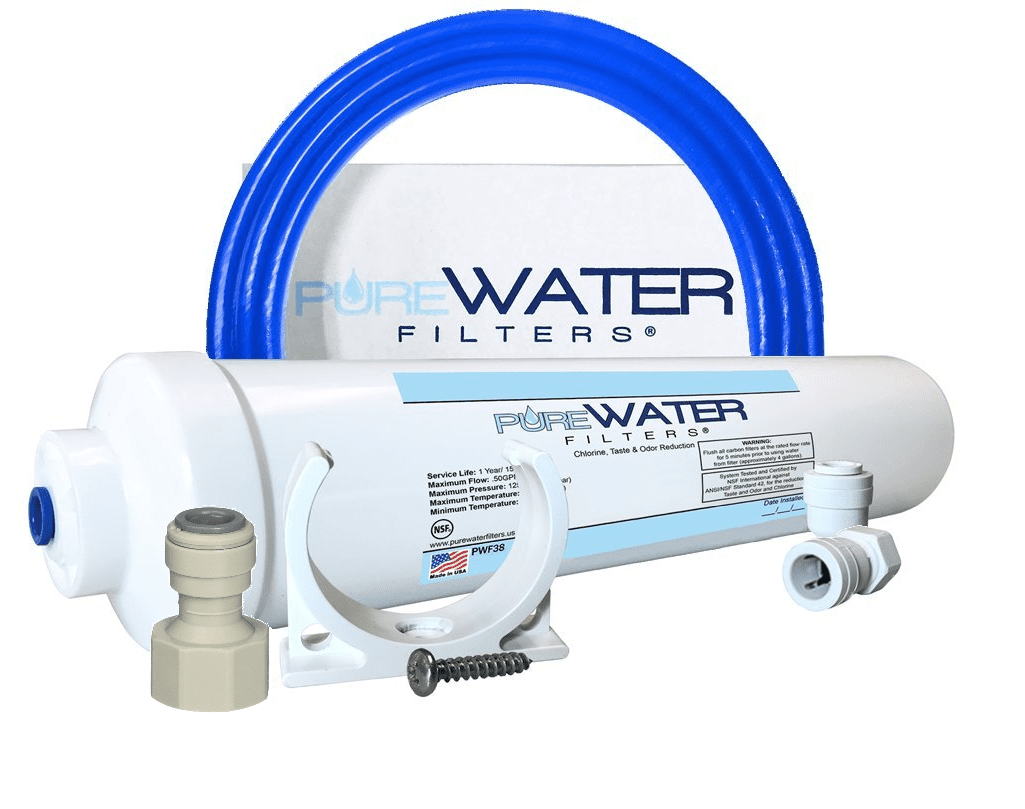



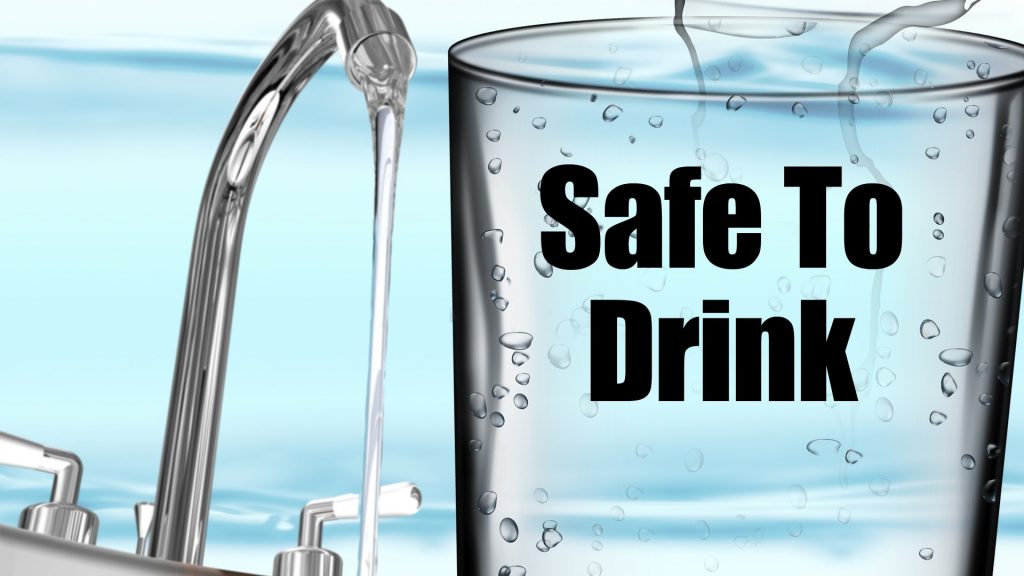
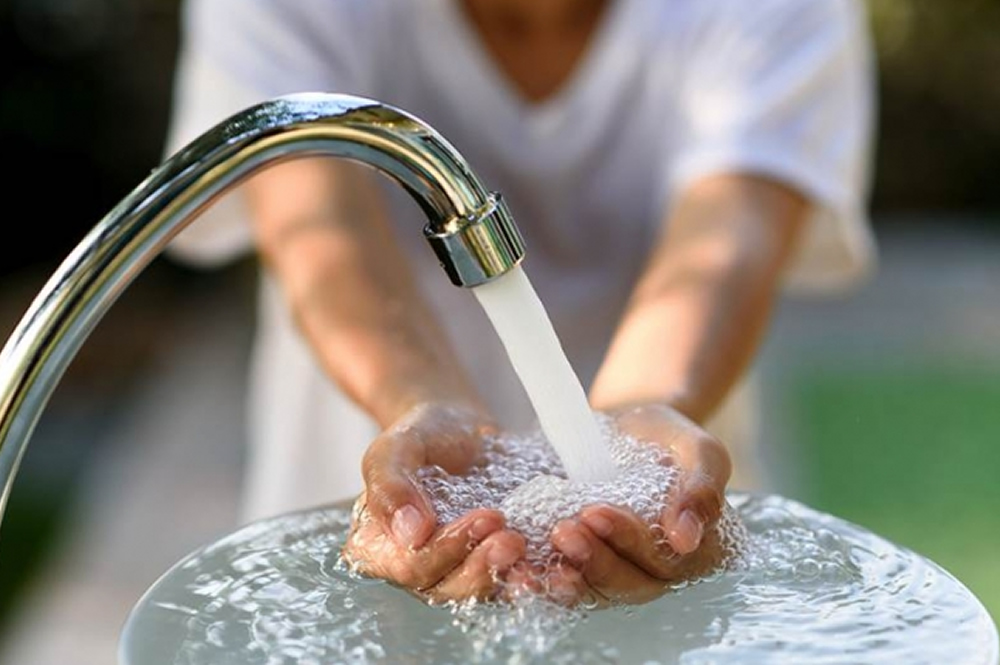







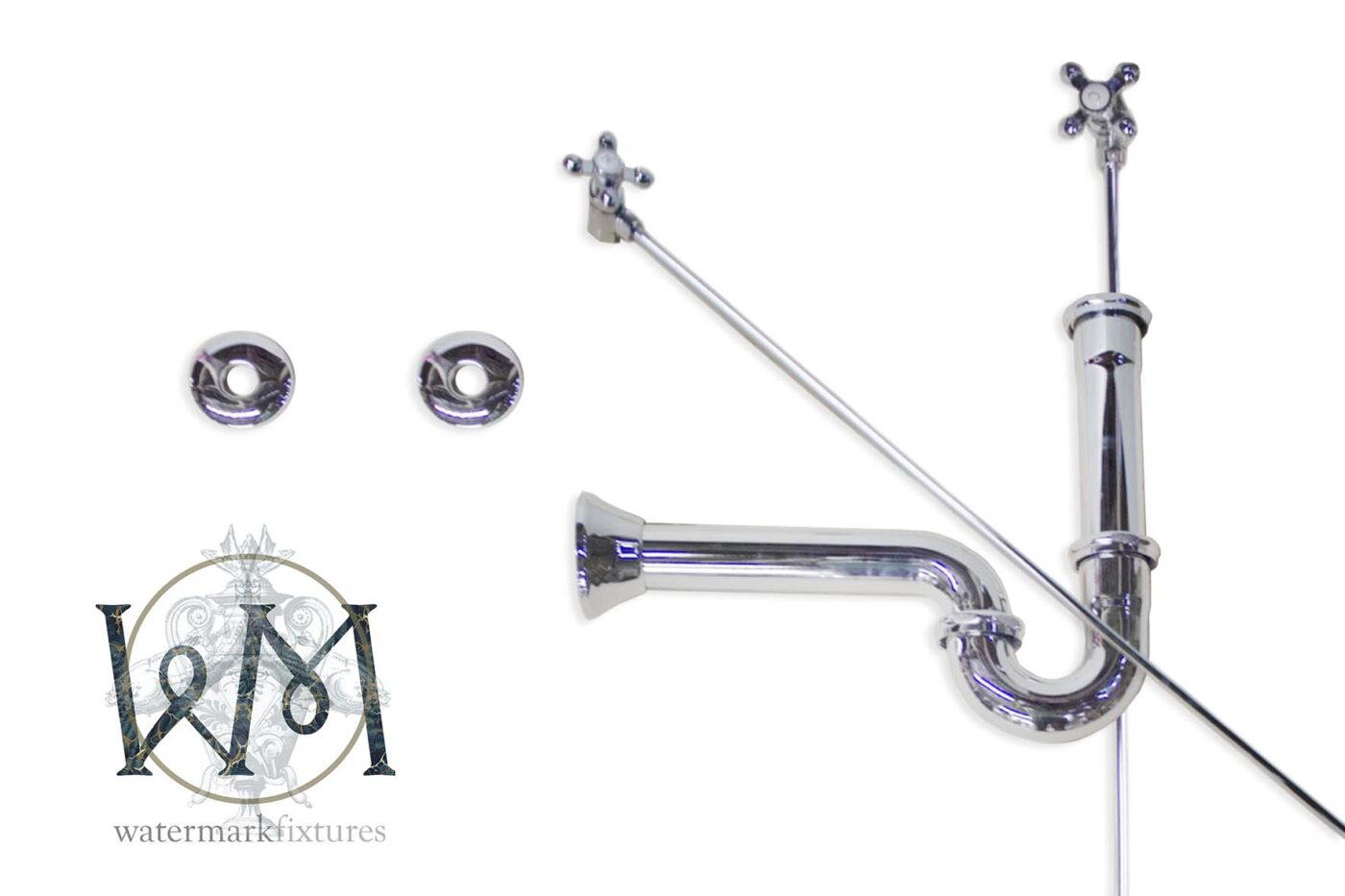

:max_bytes(150000):strip_icc()/Basic-kitchen-sink-types-1821207_color_rev-0b539306b9ef4236a136624ad2a89a4c.jpg)

